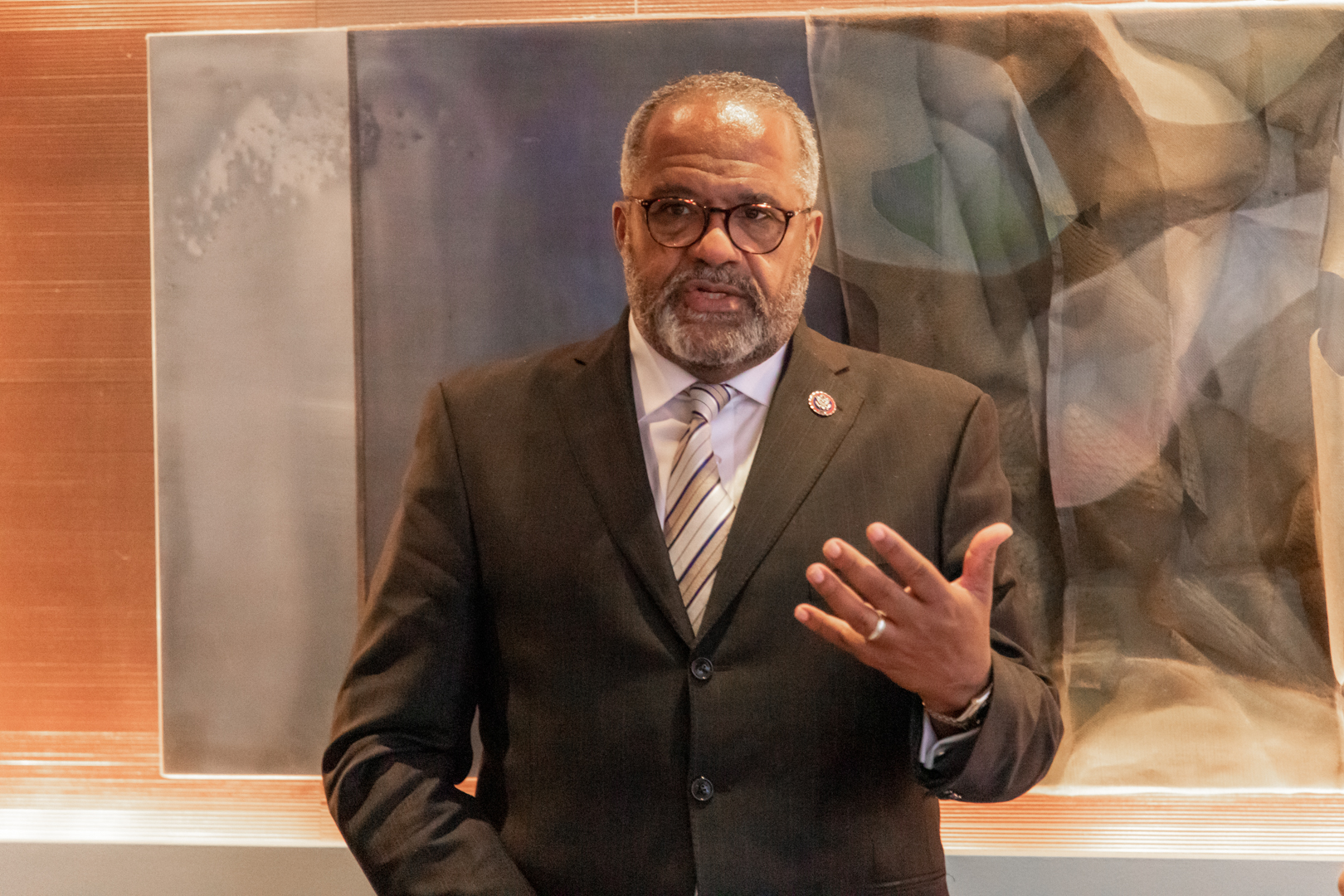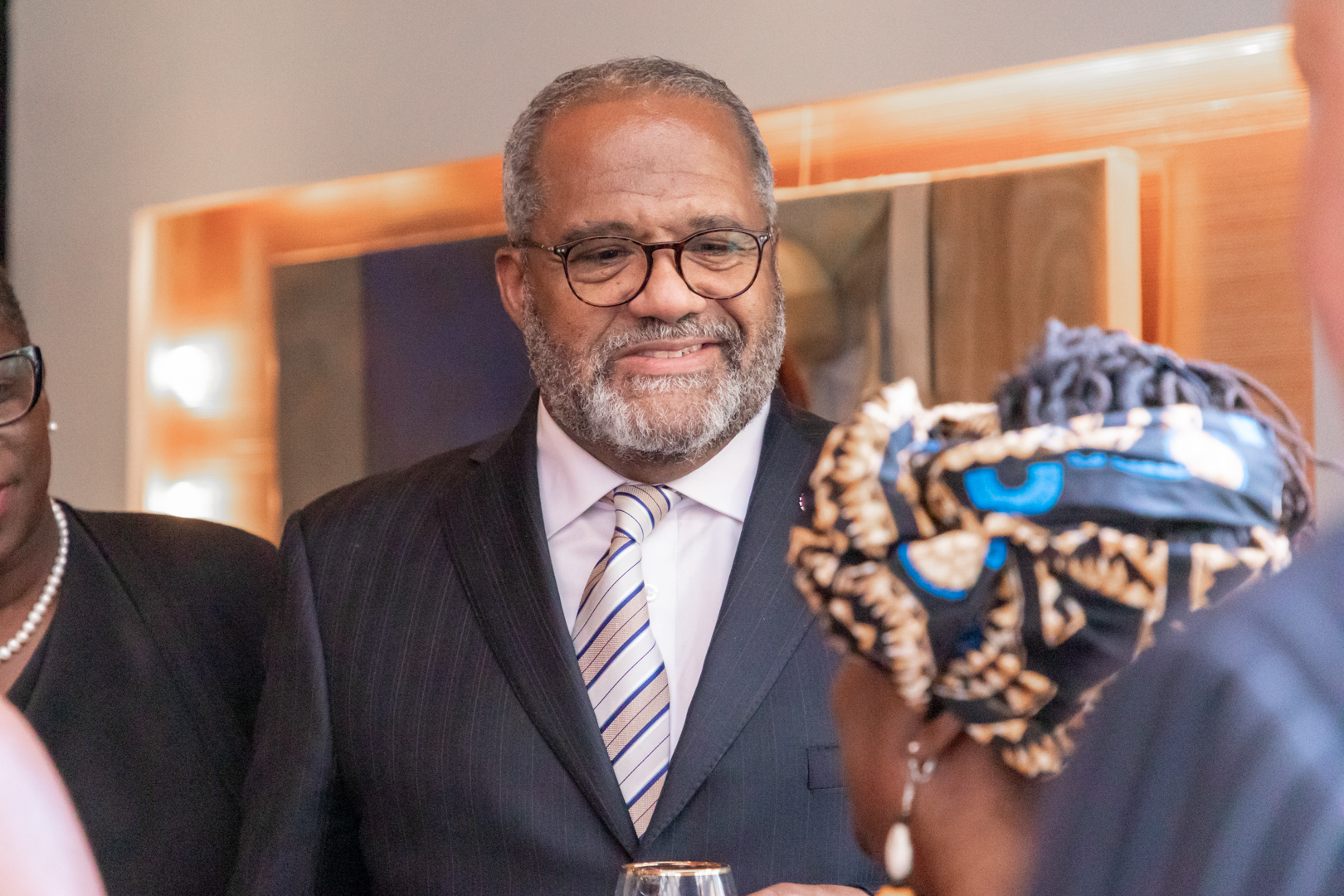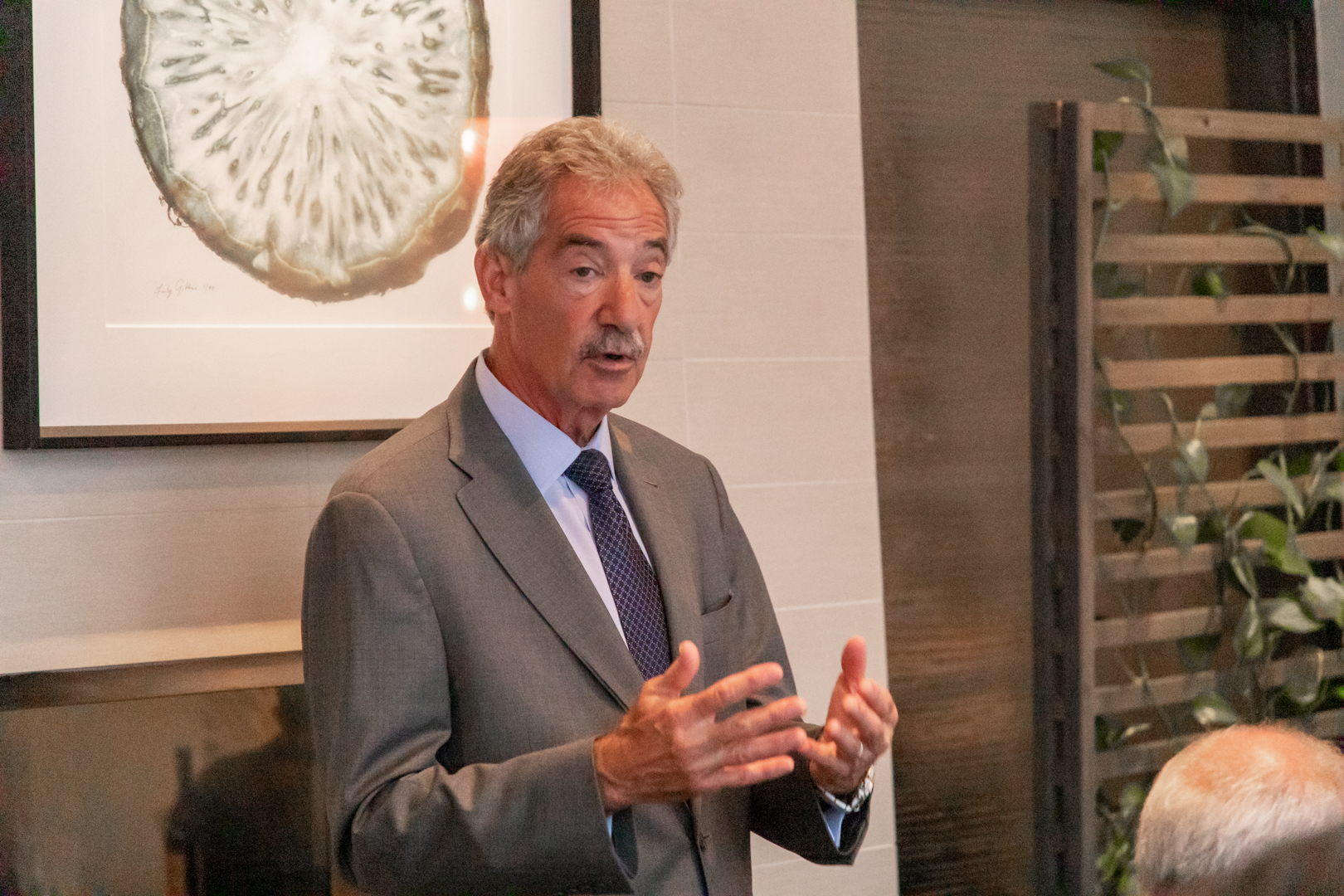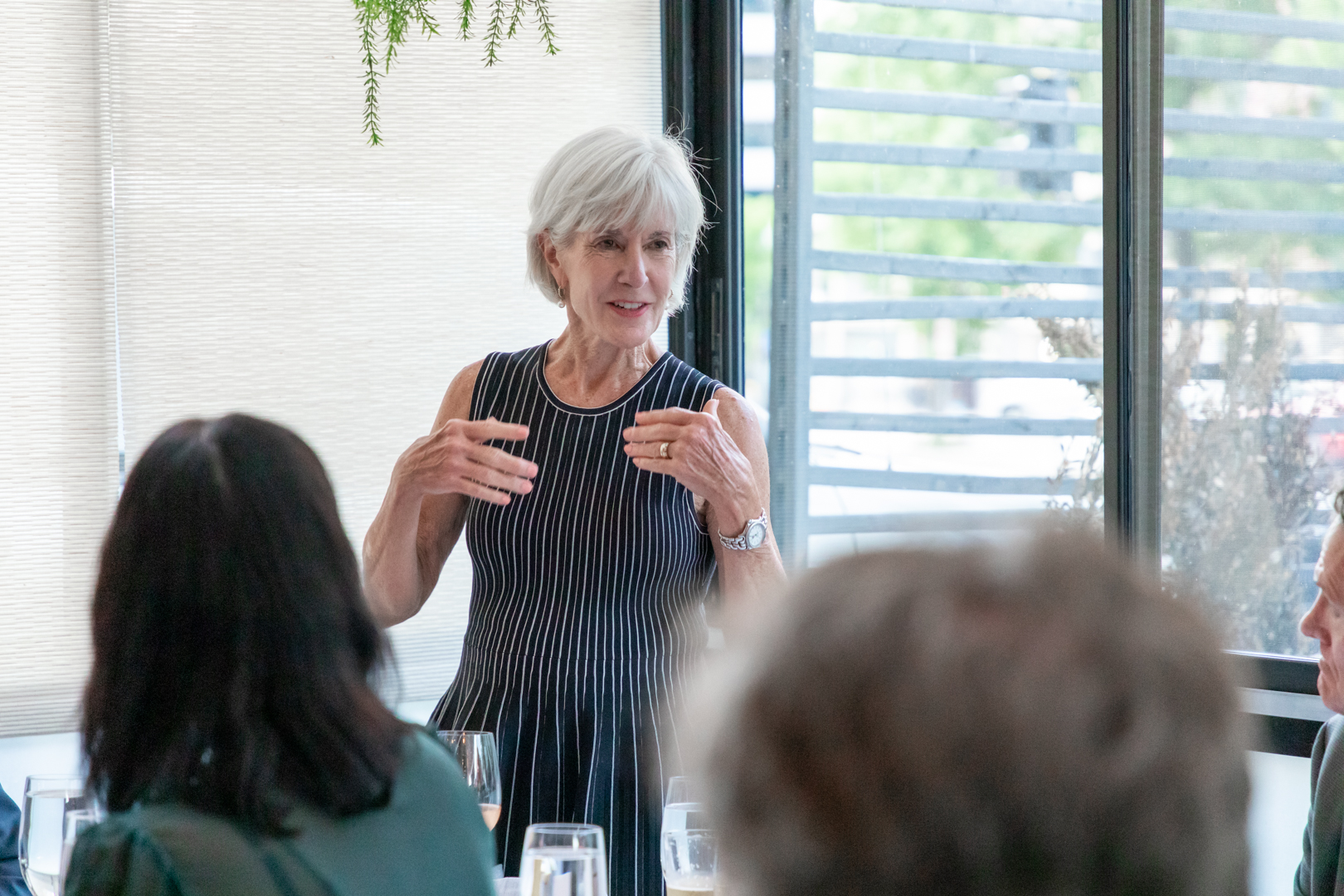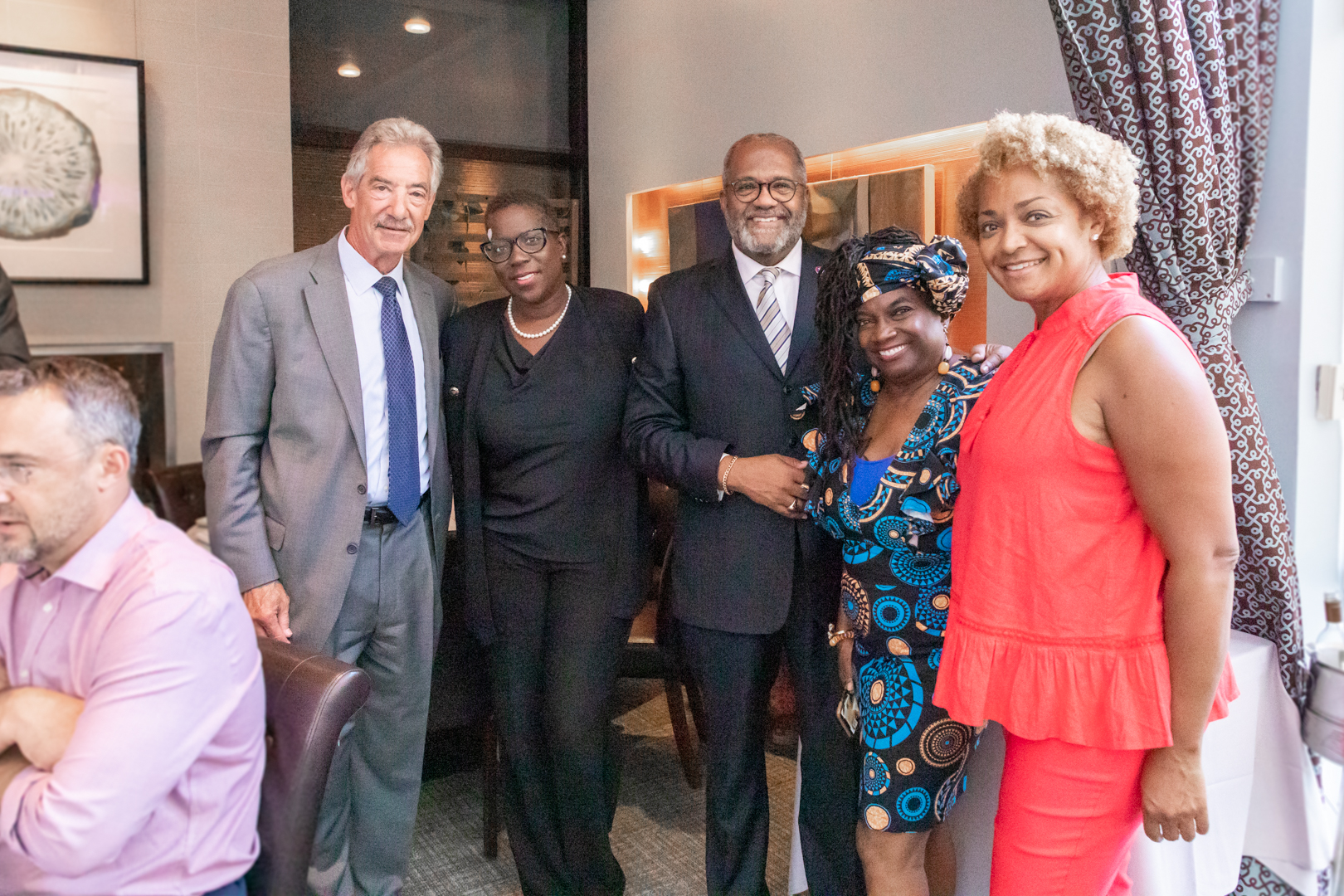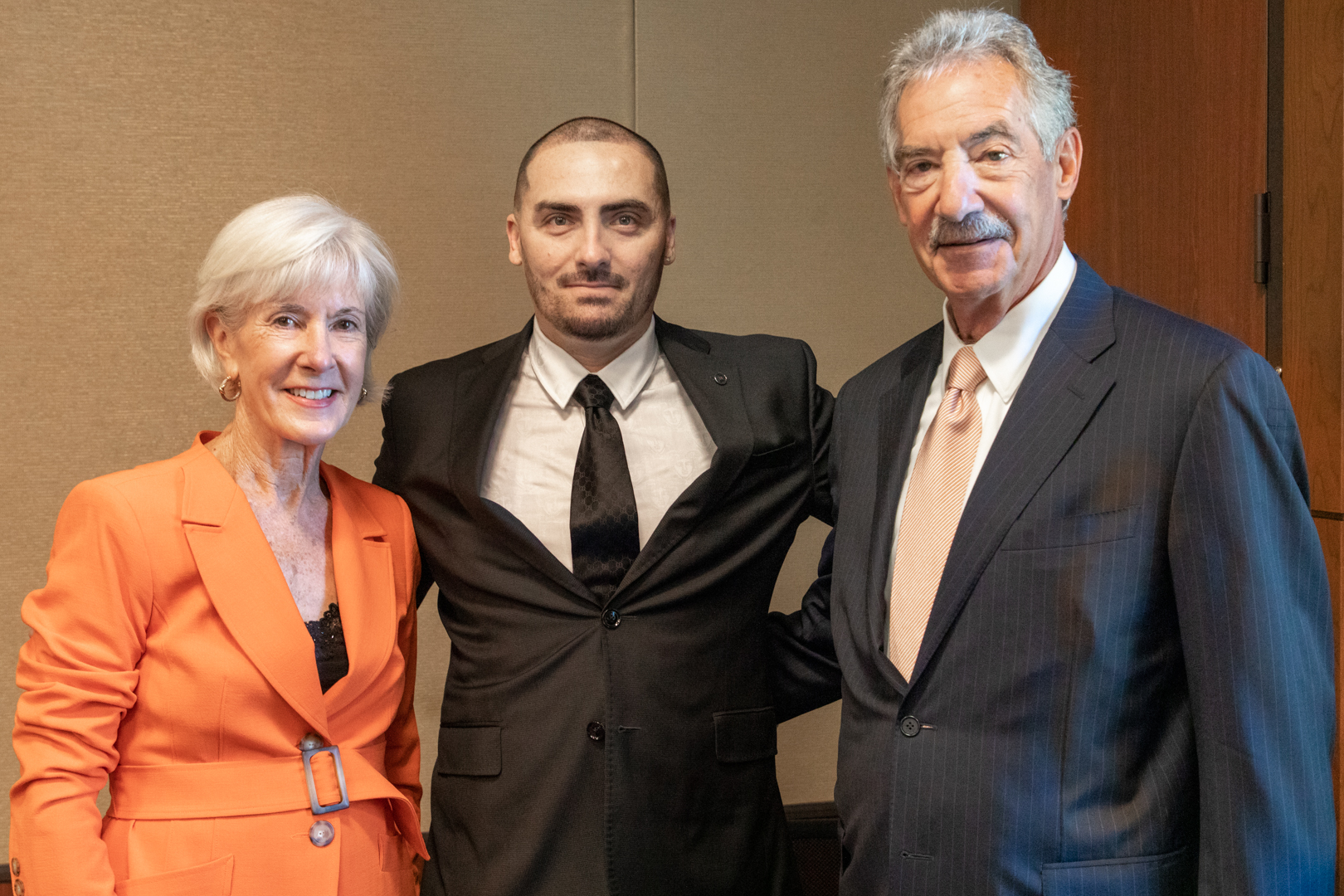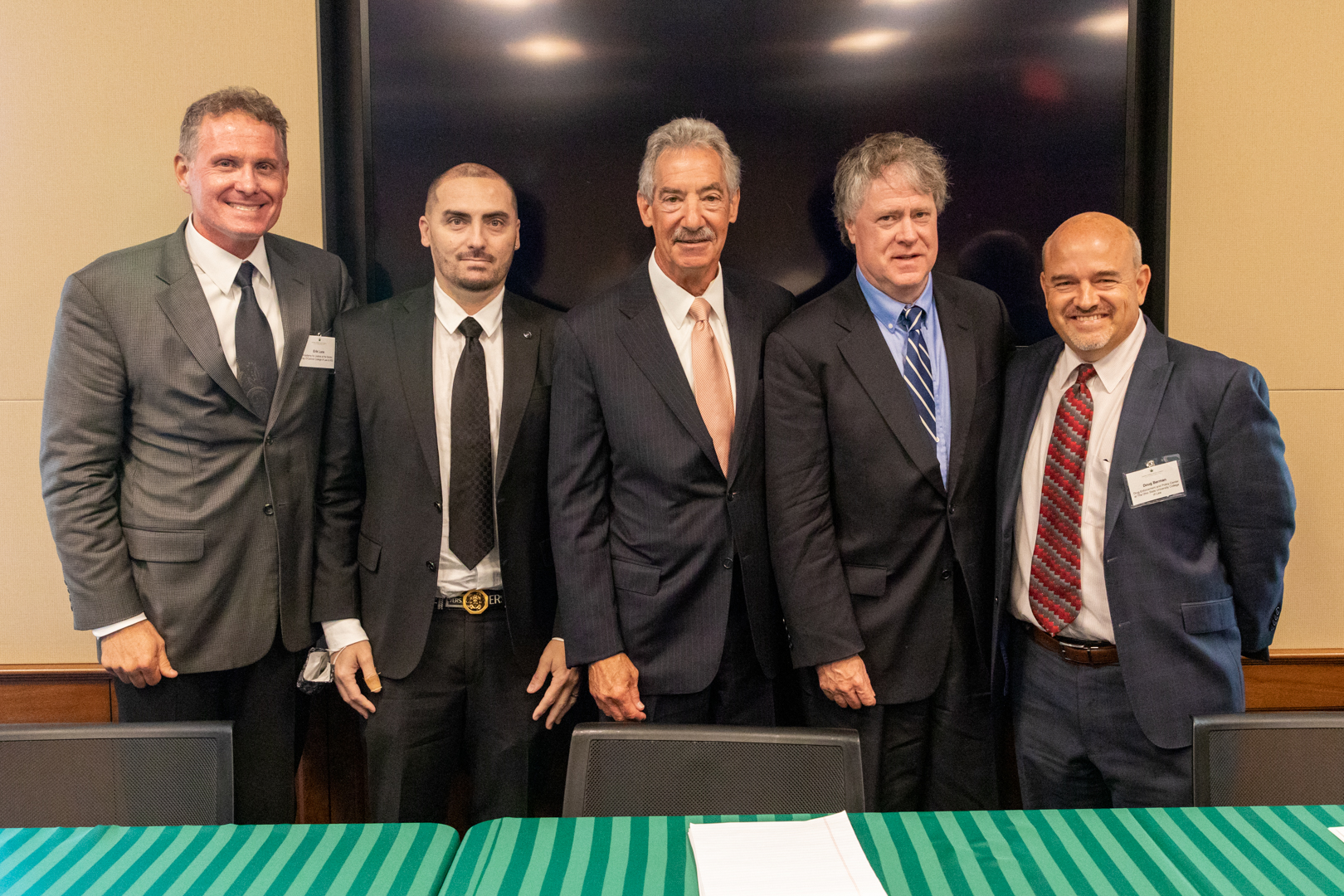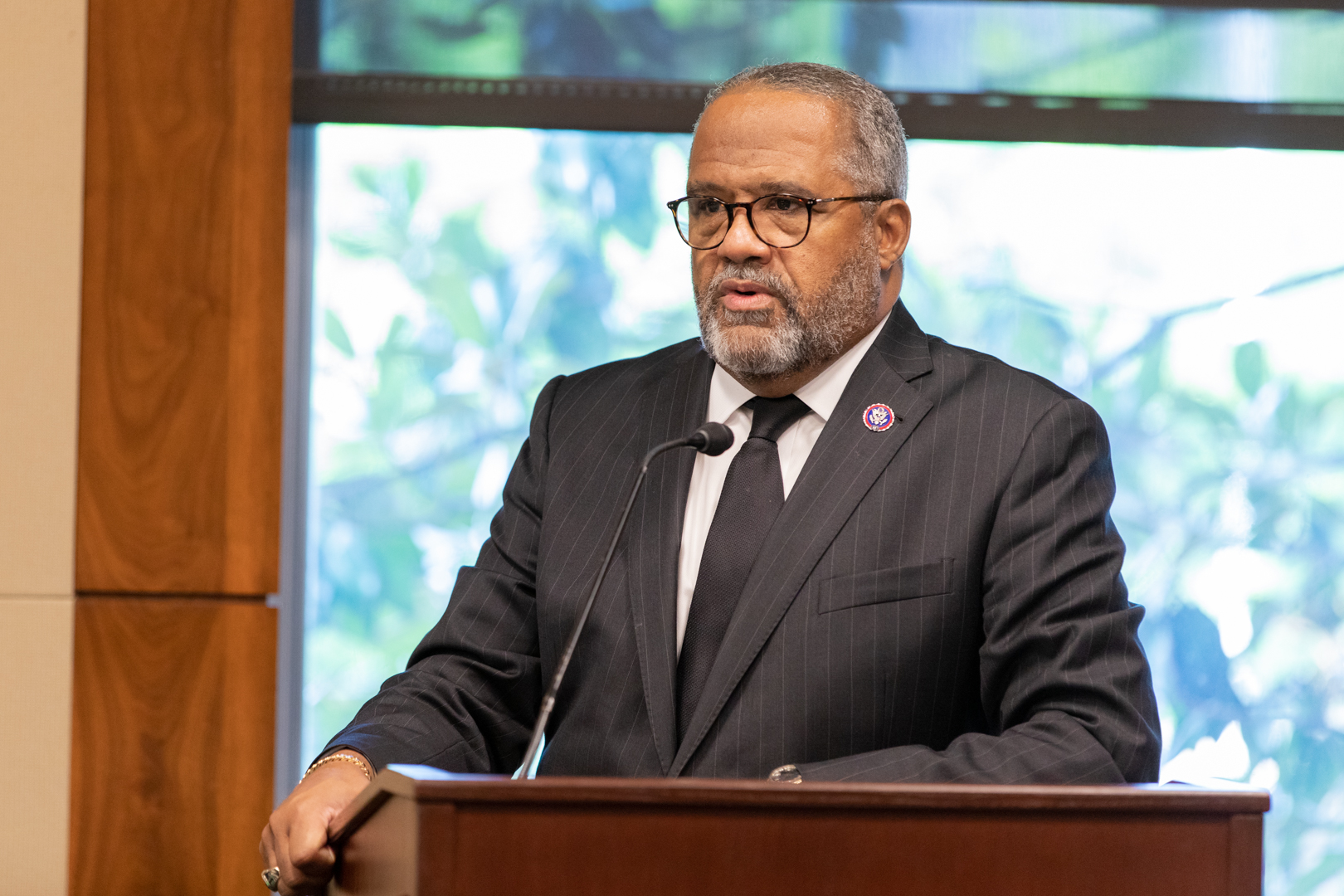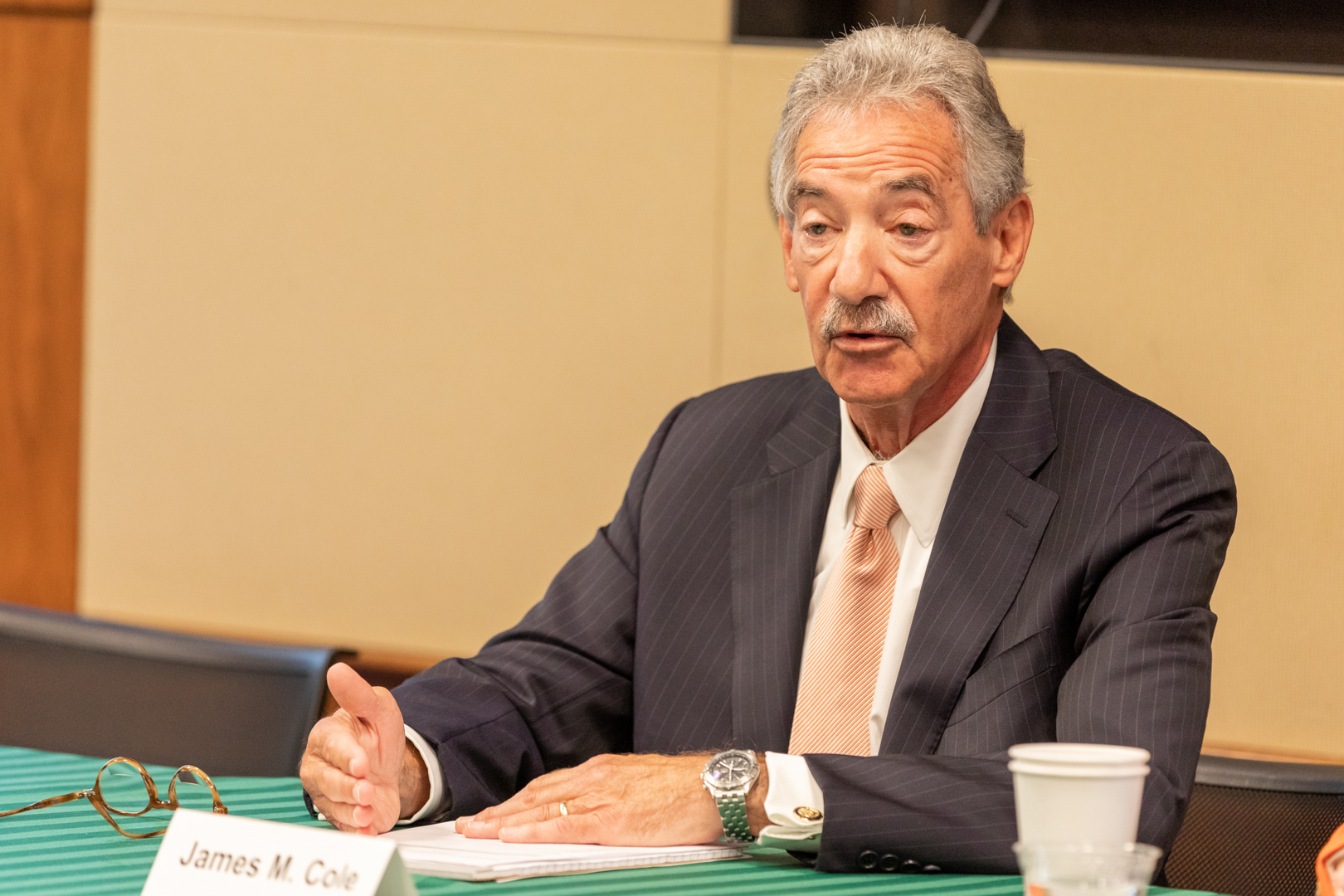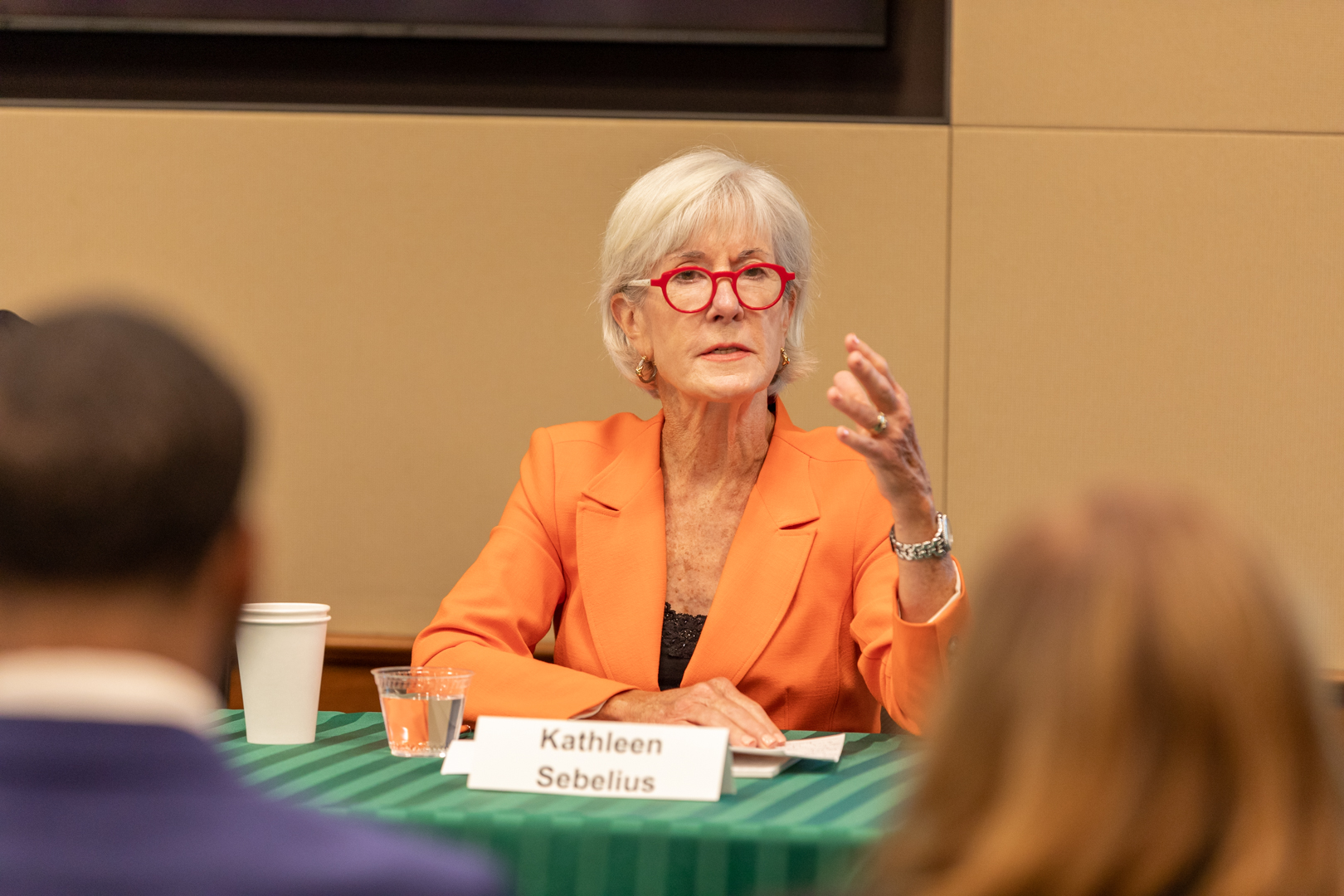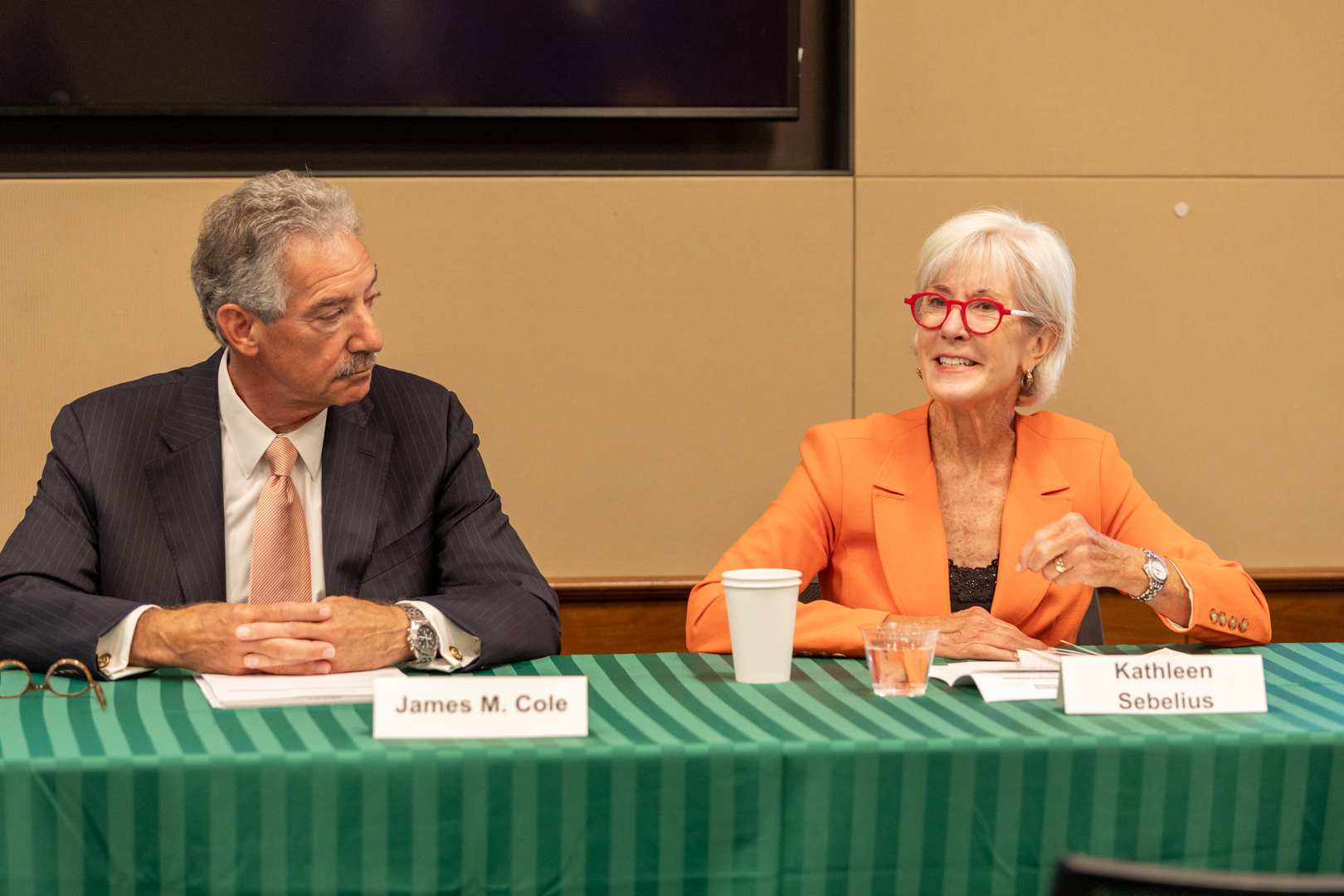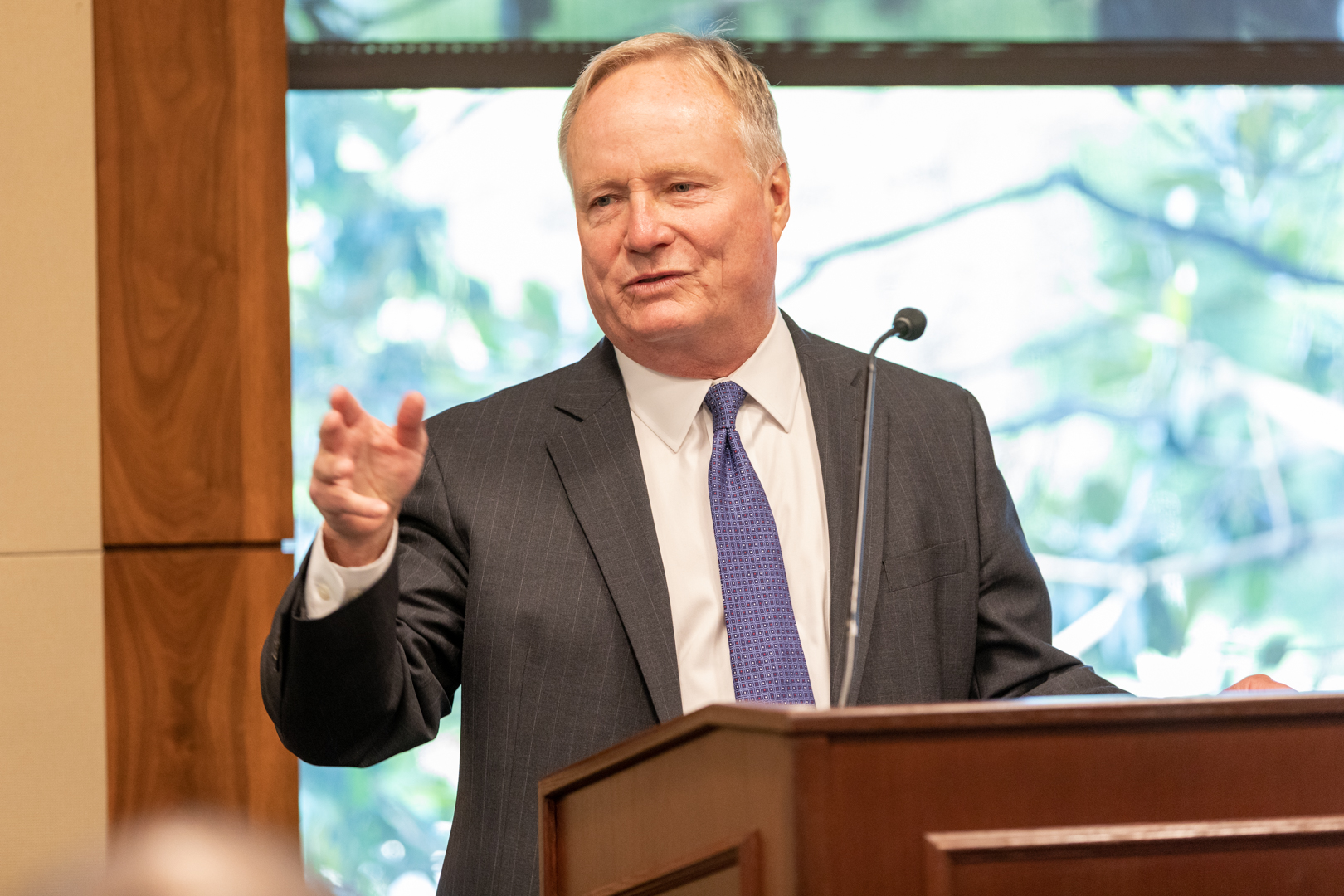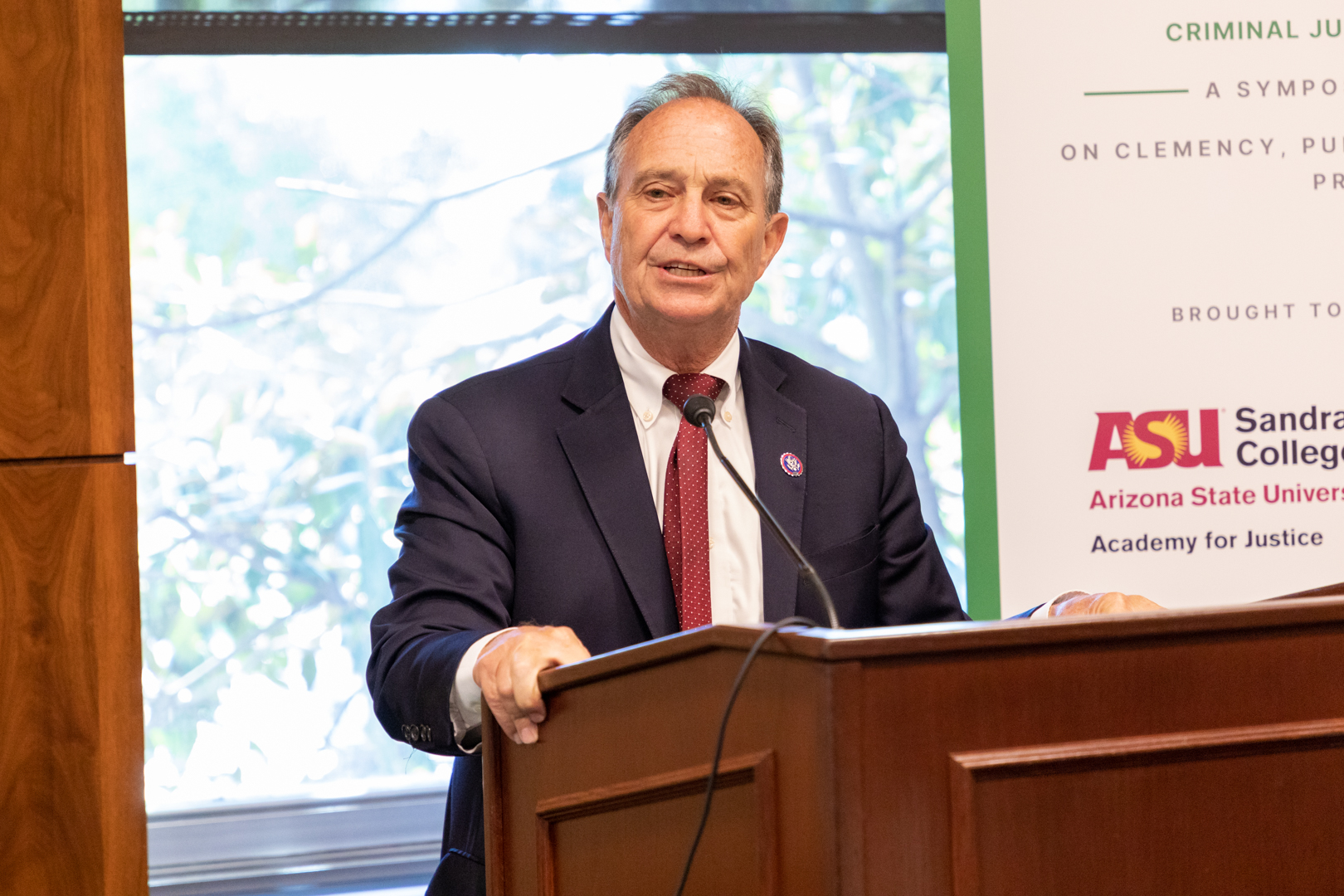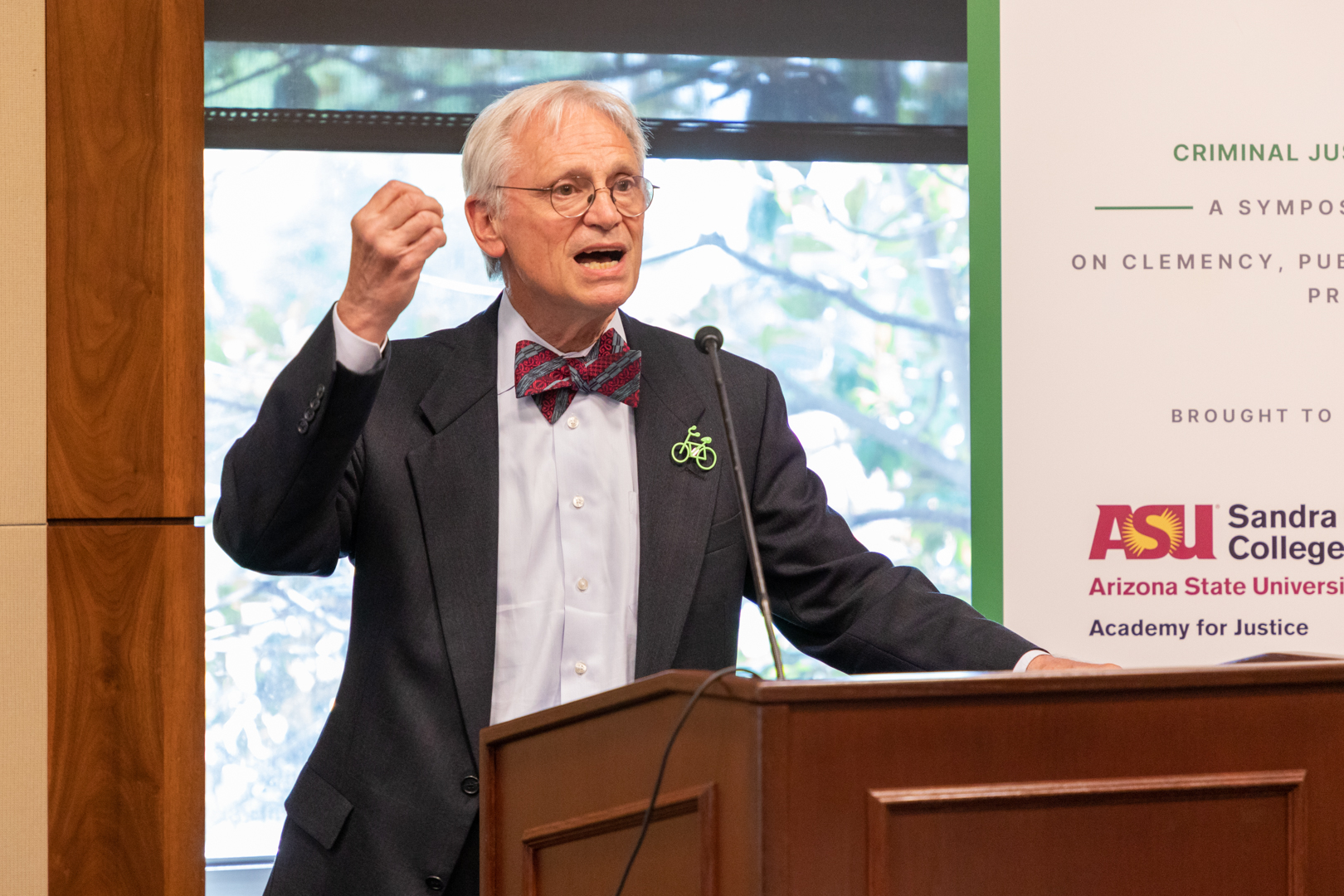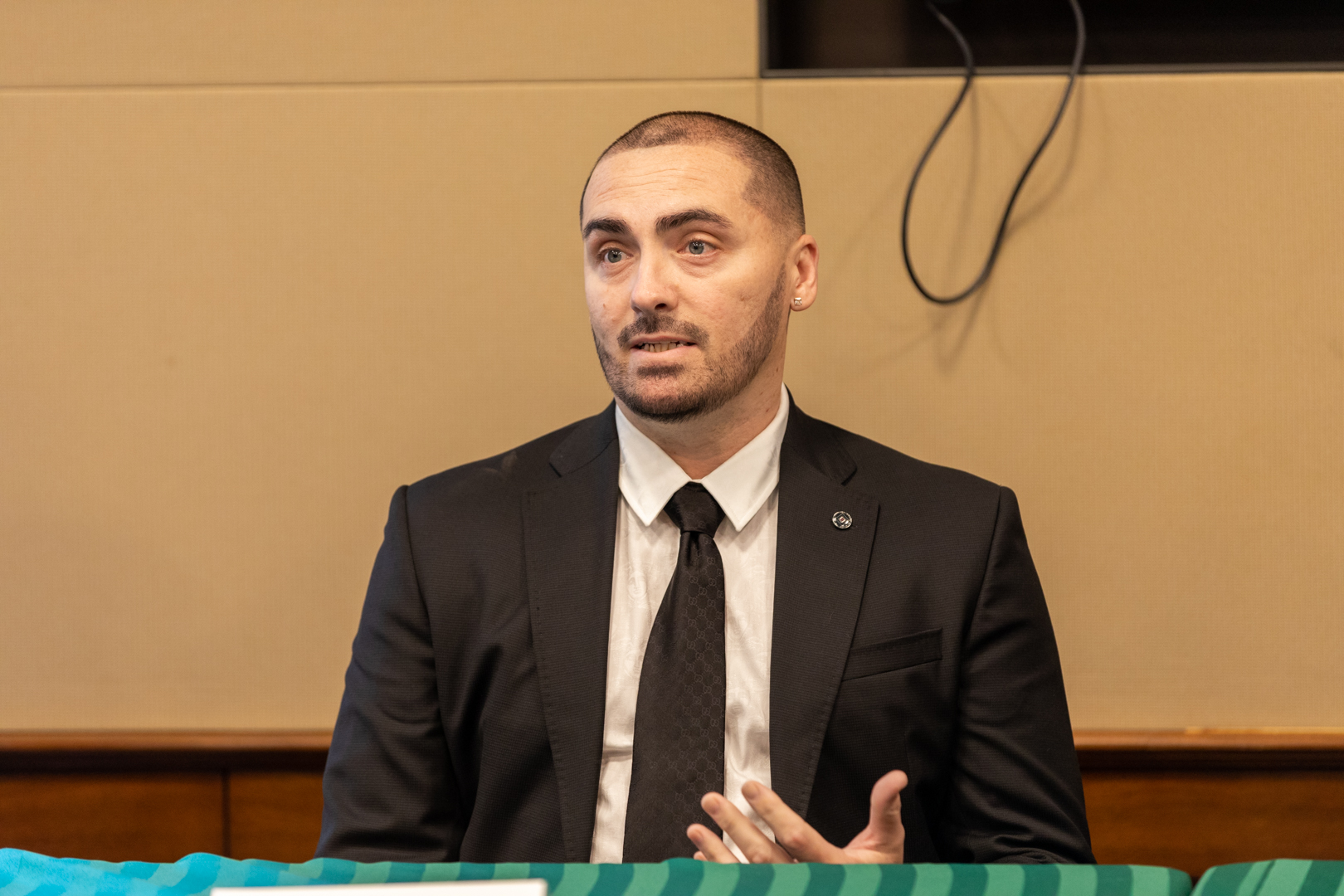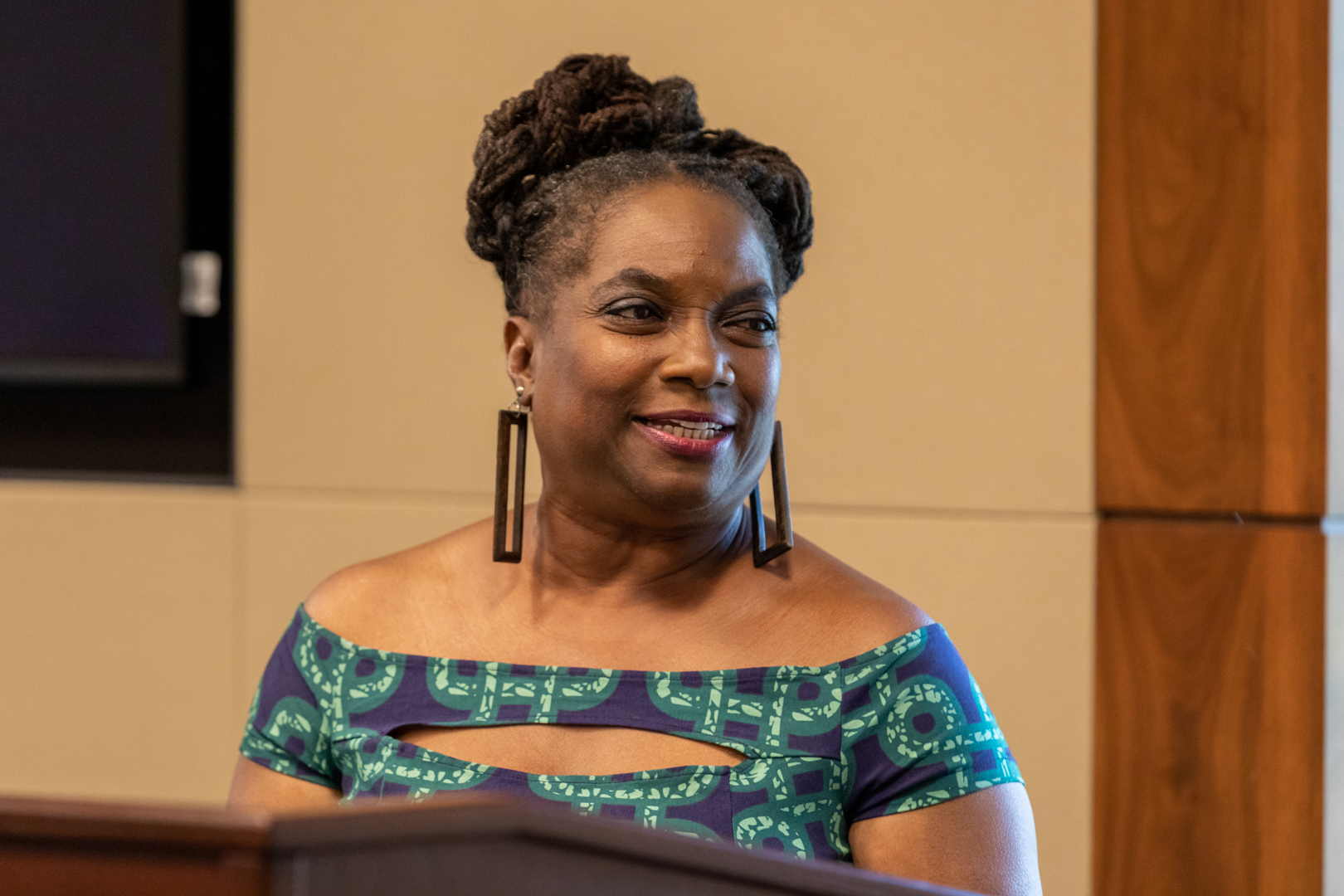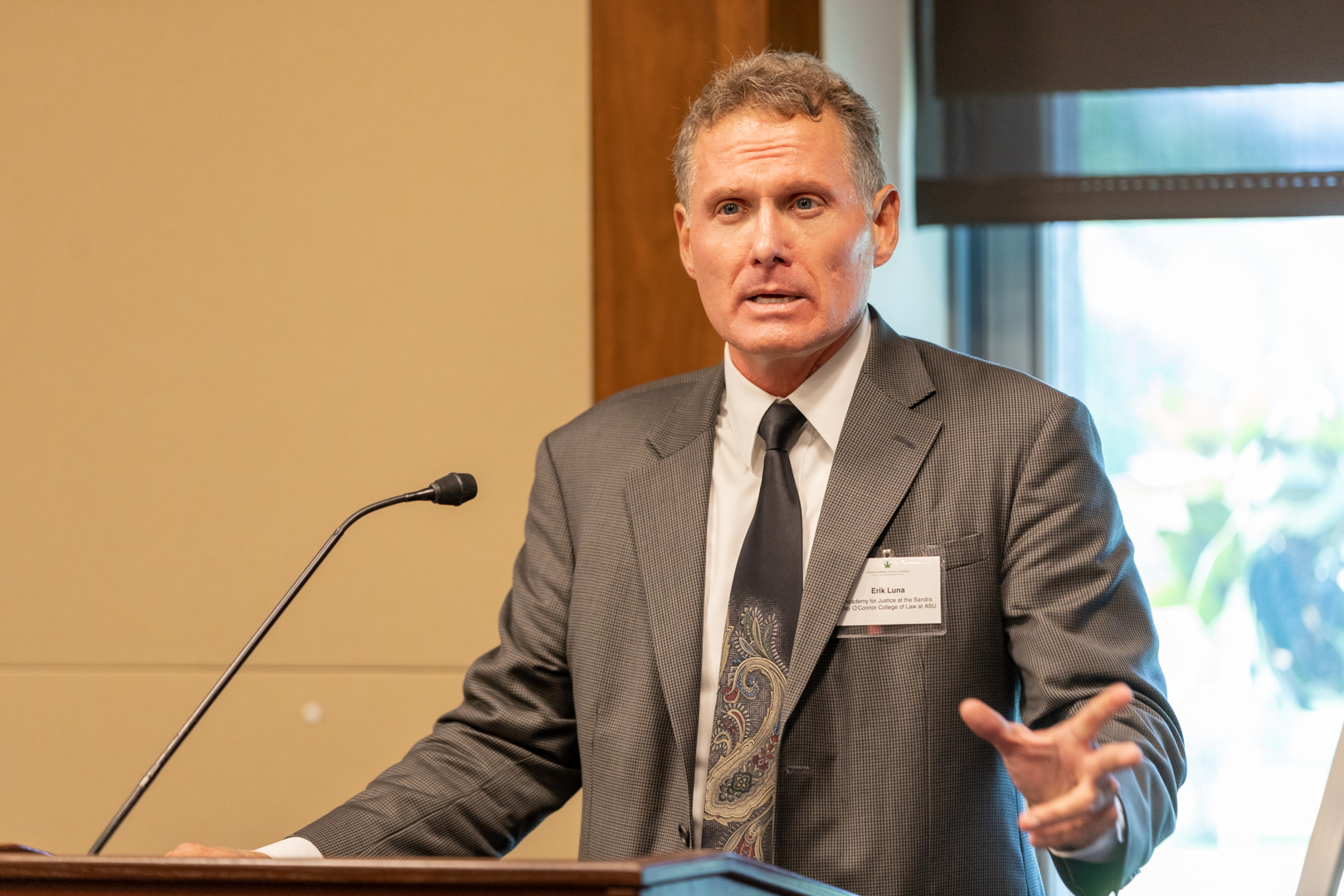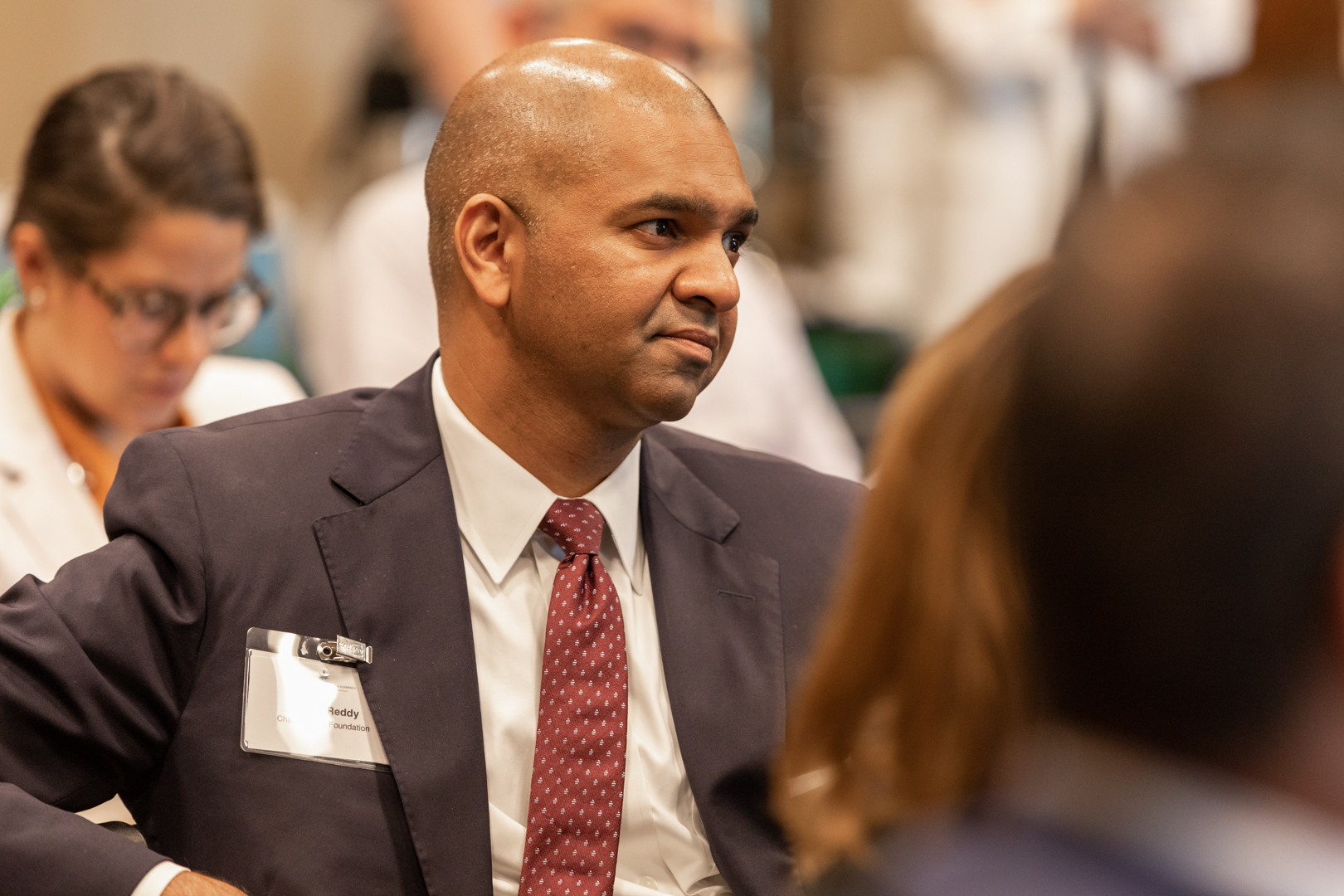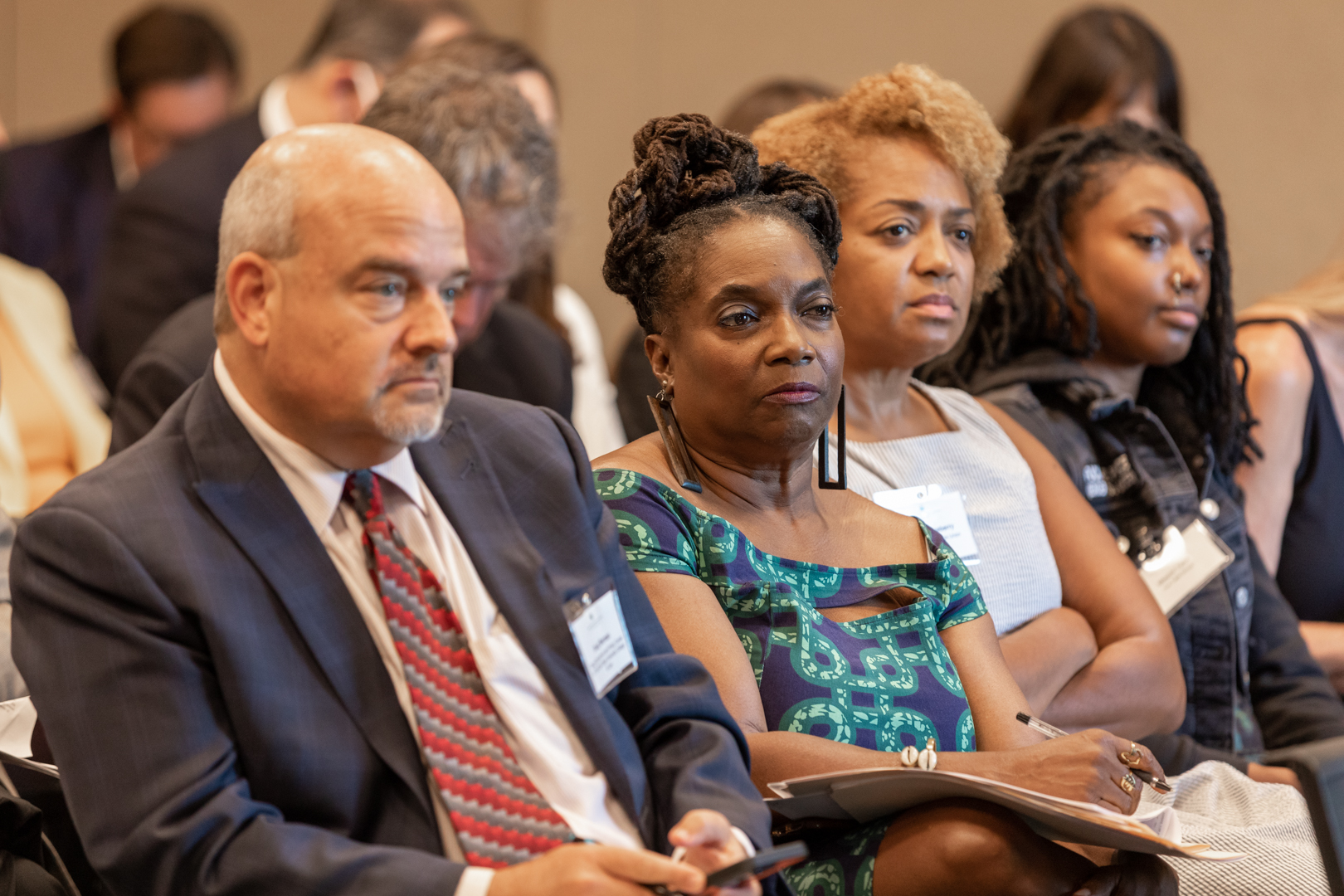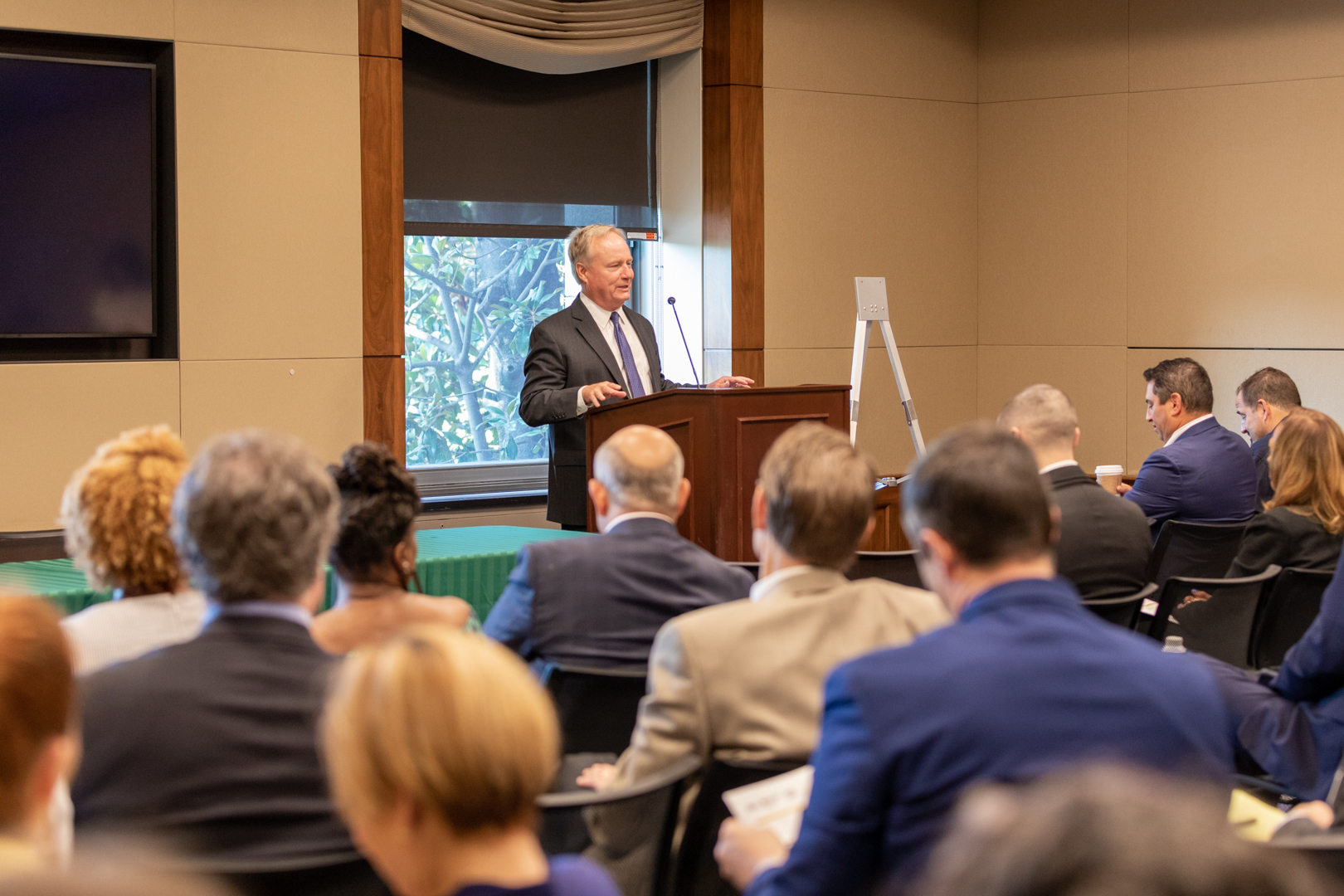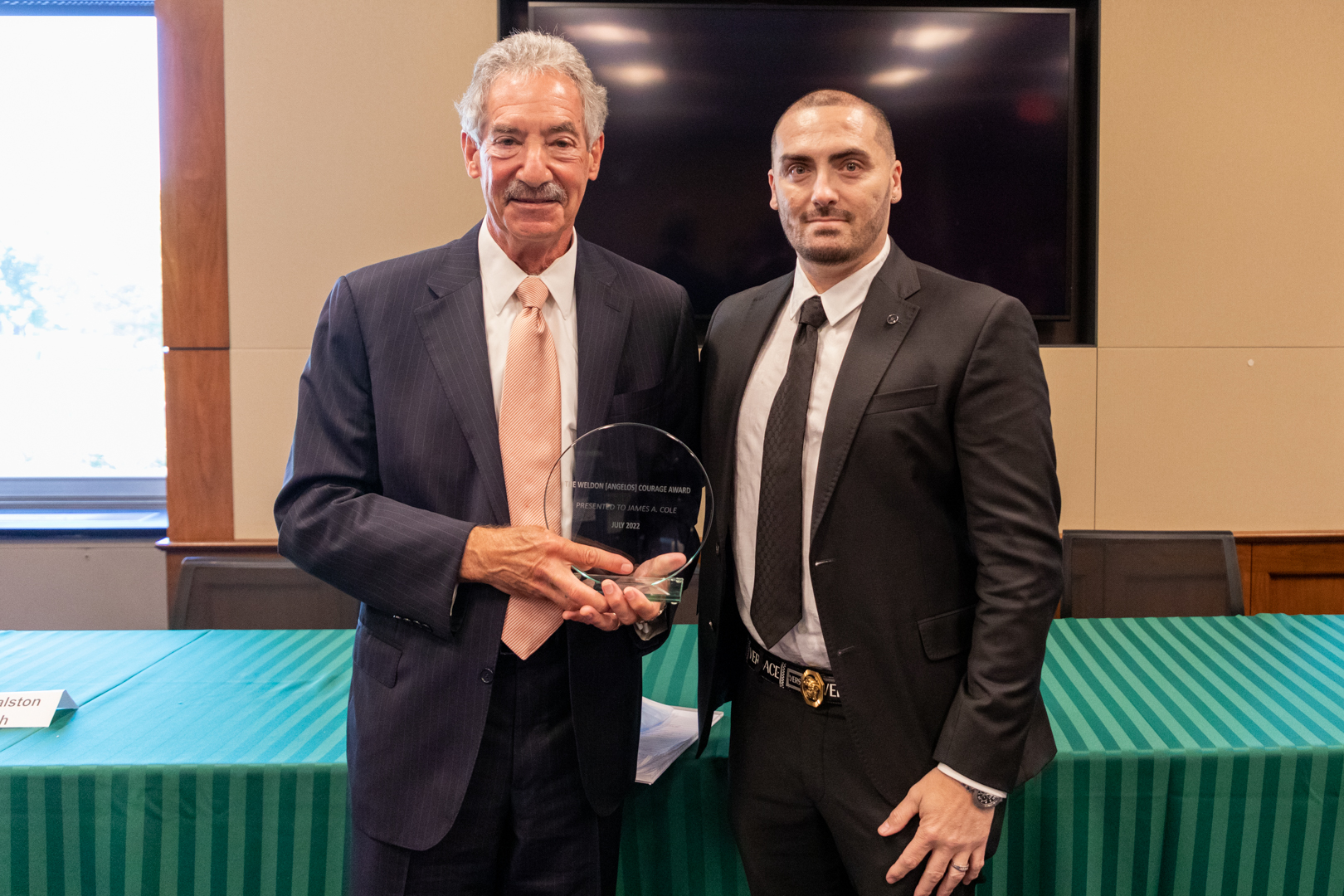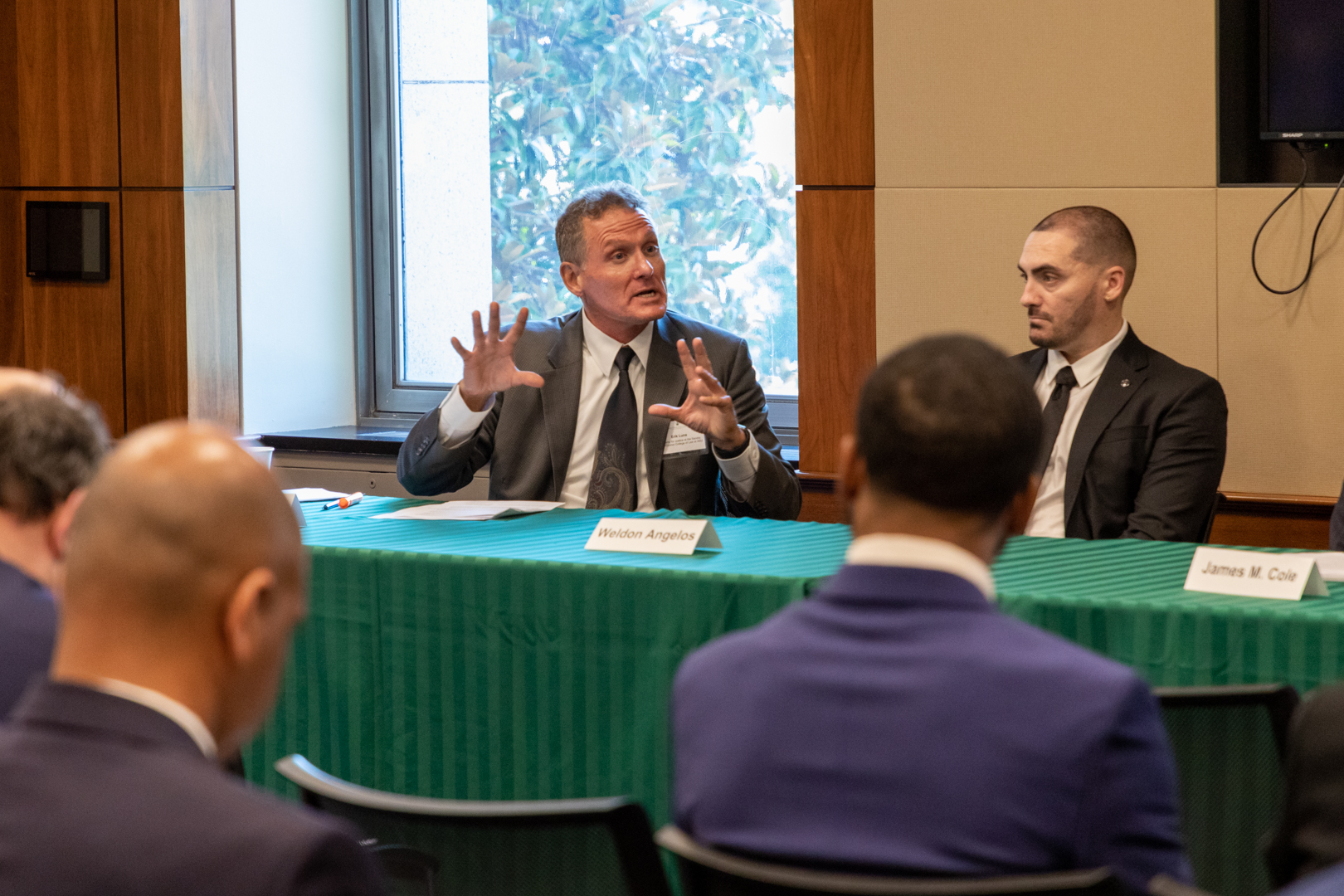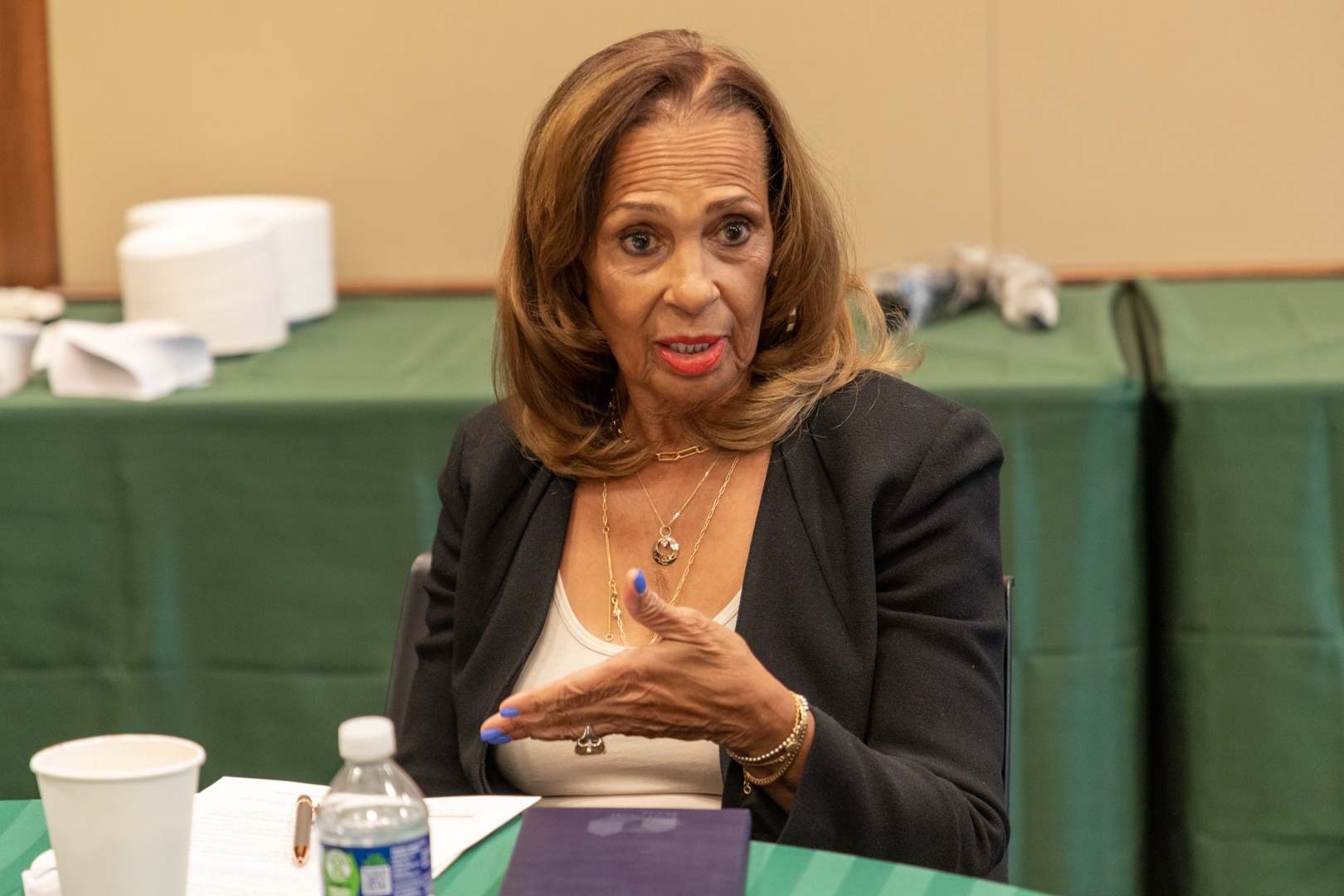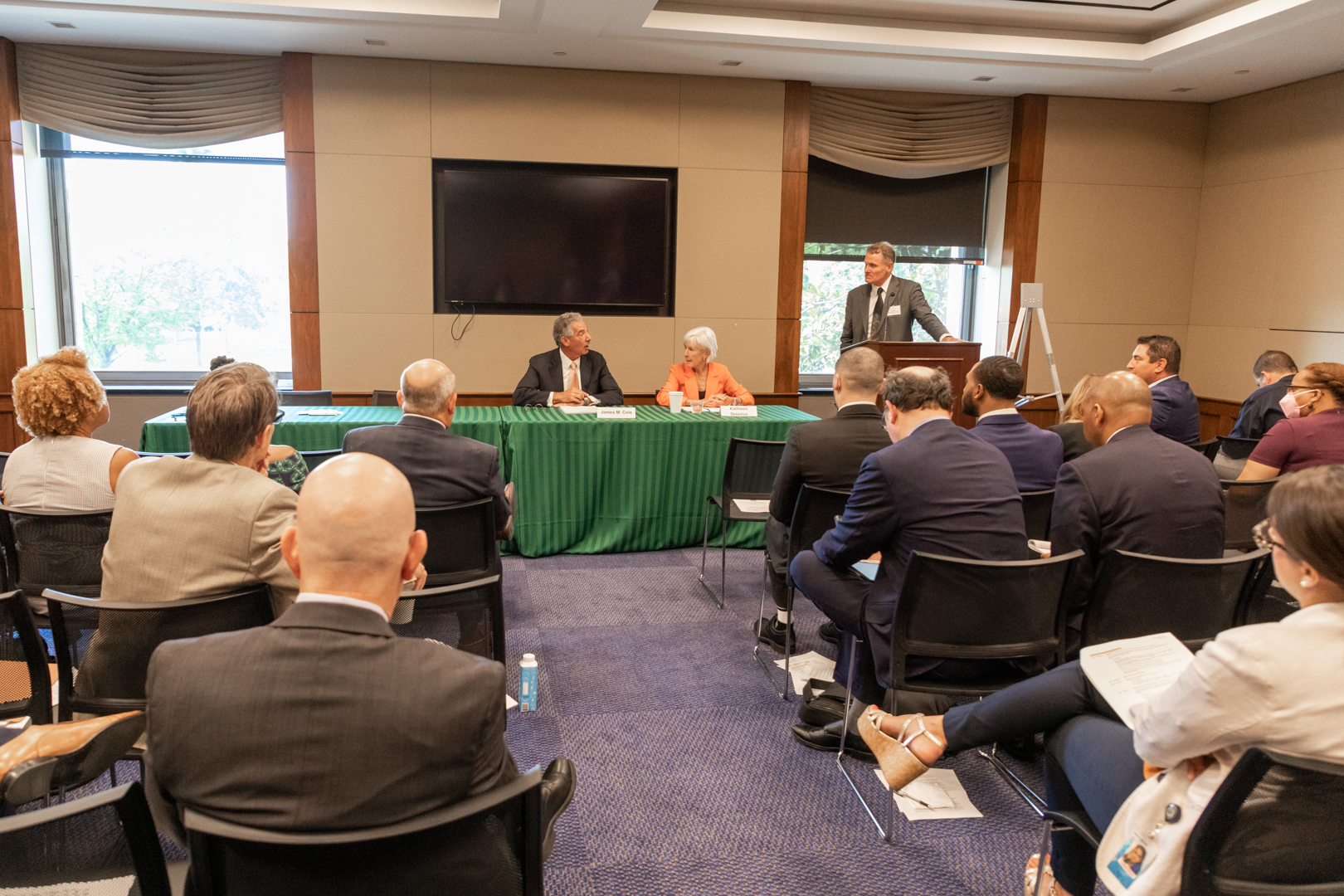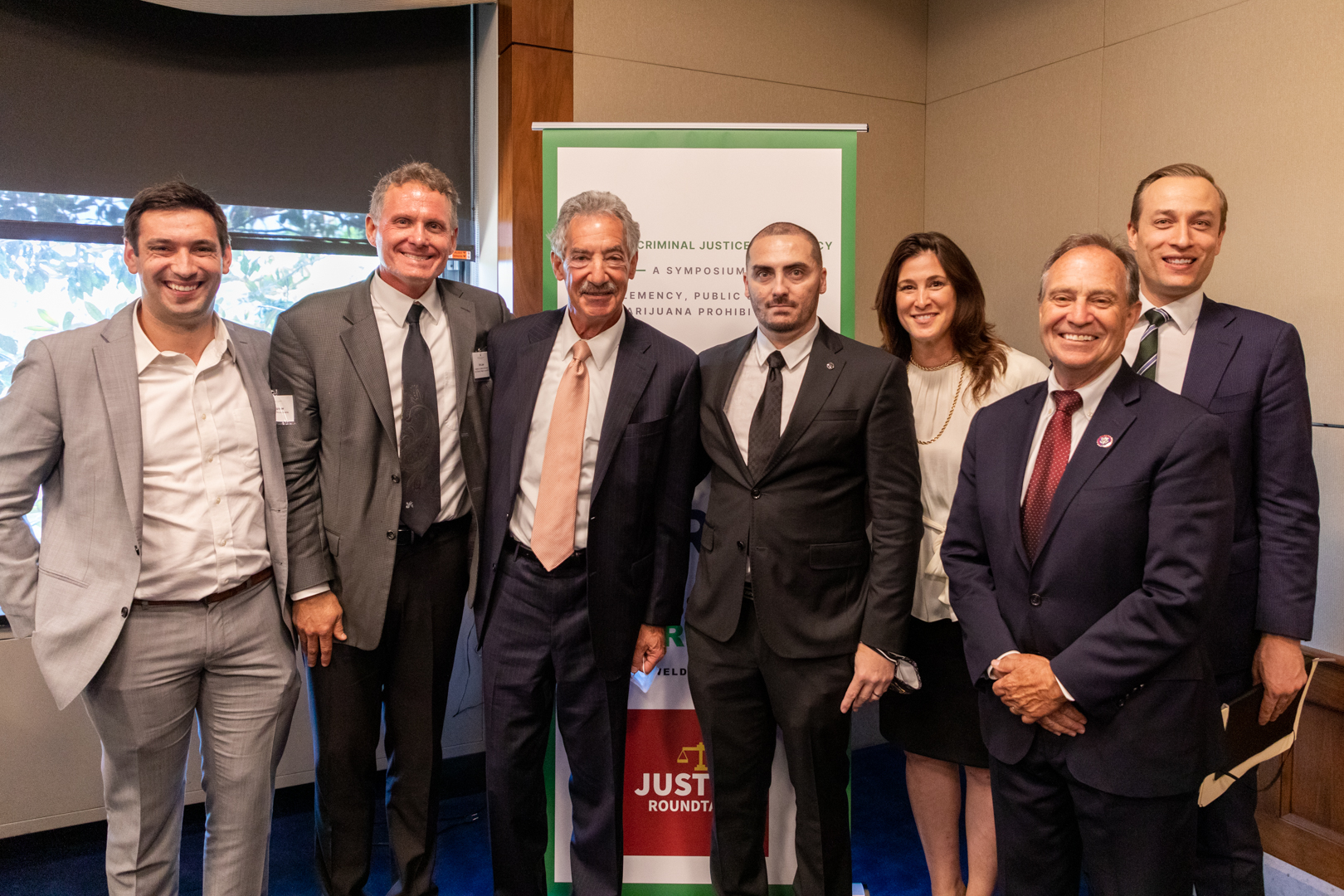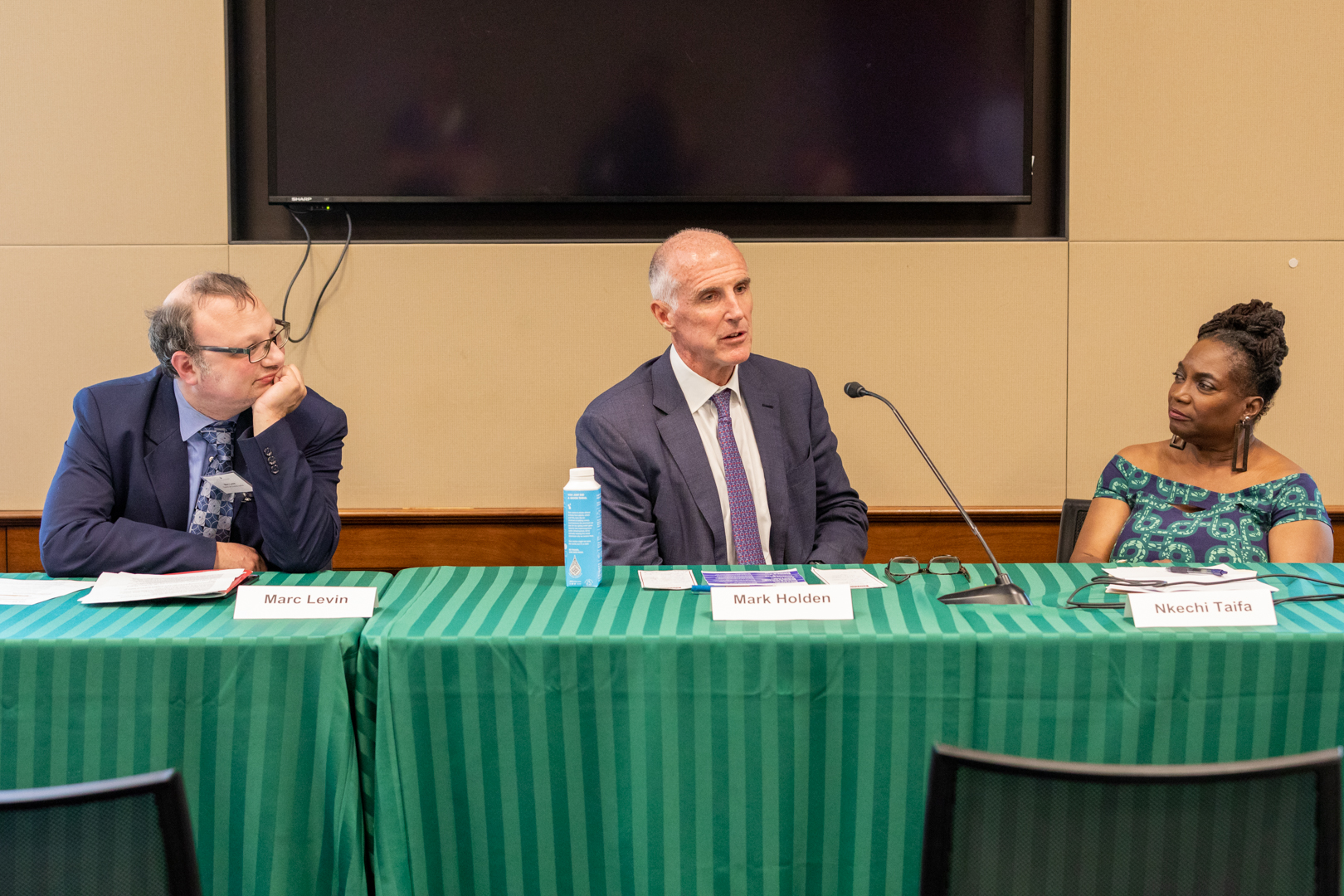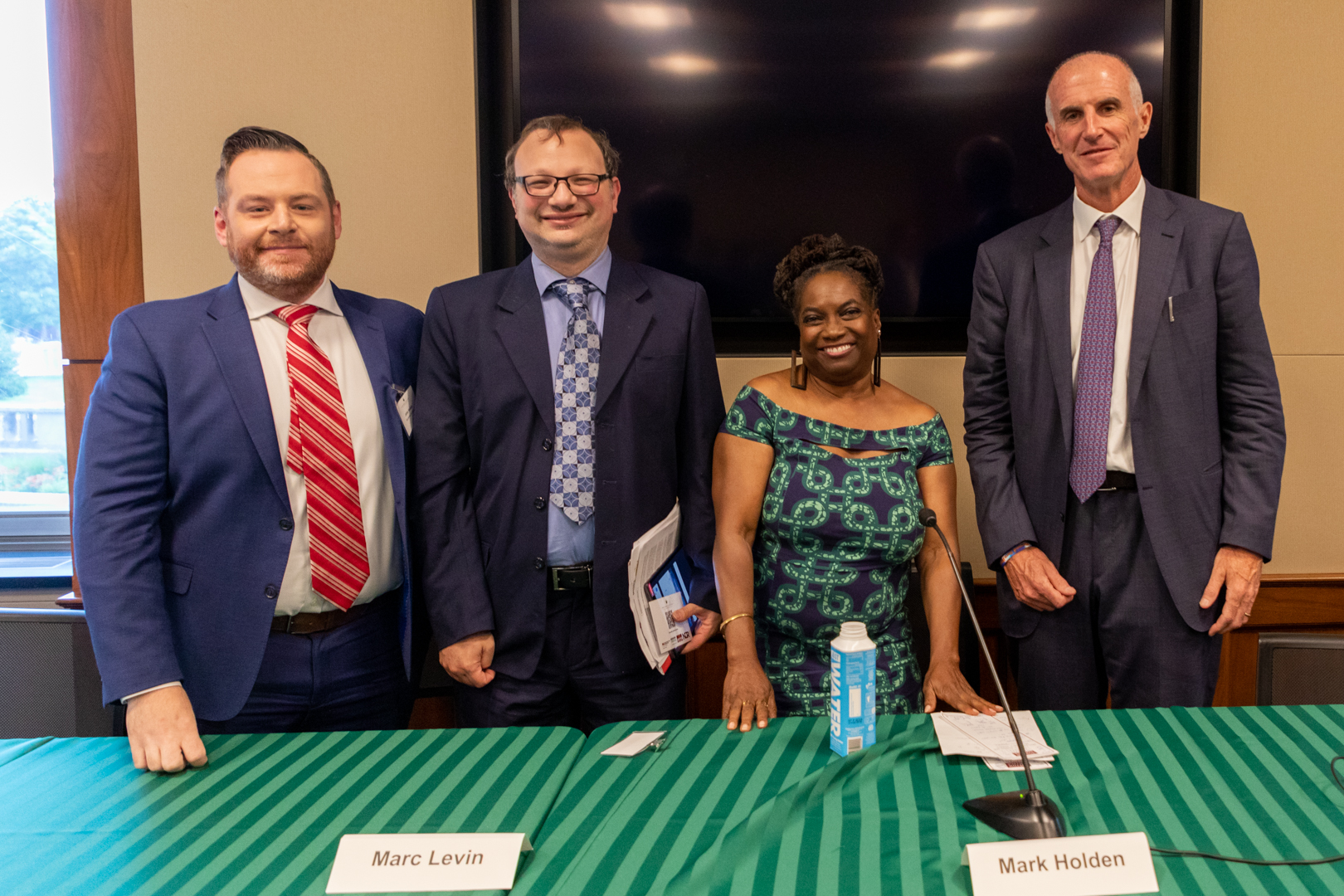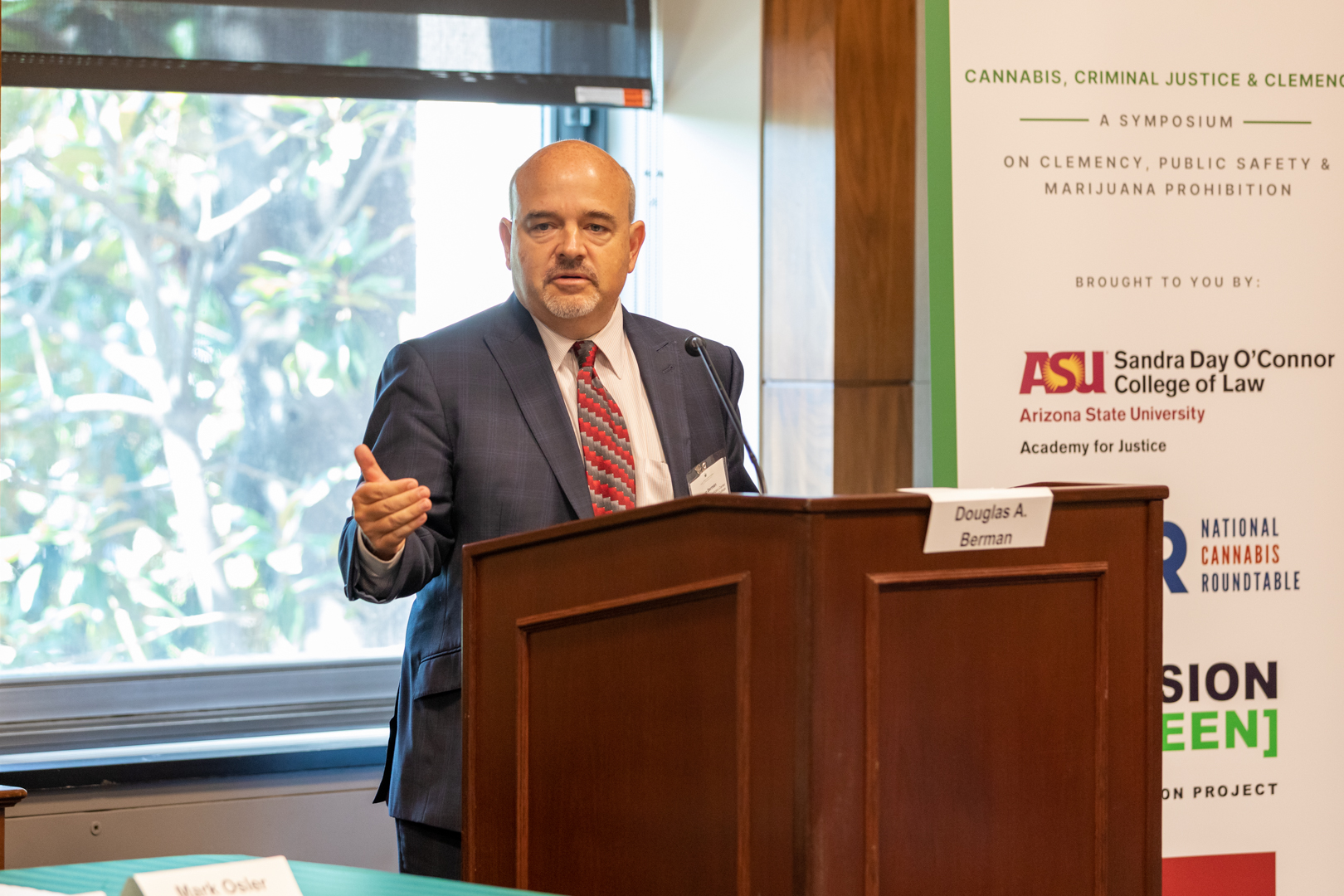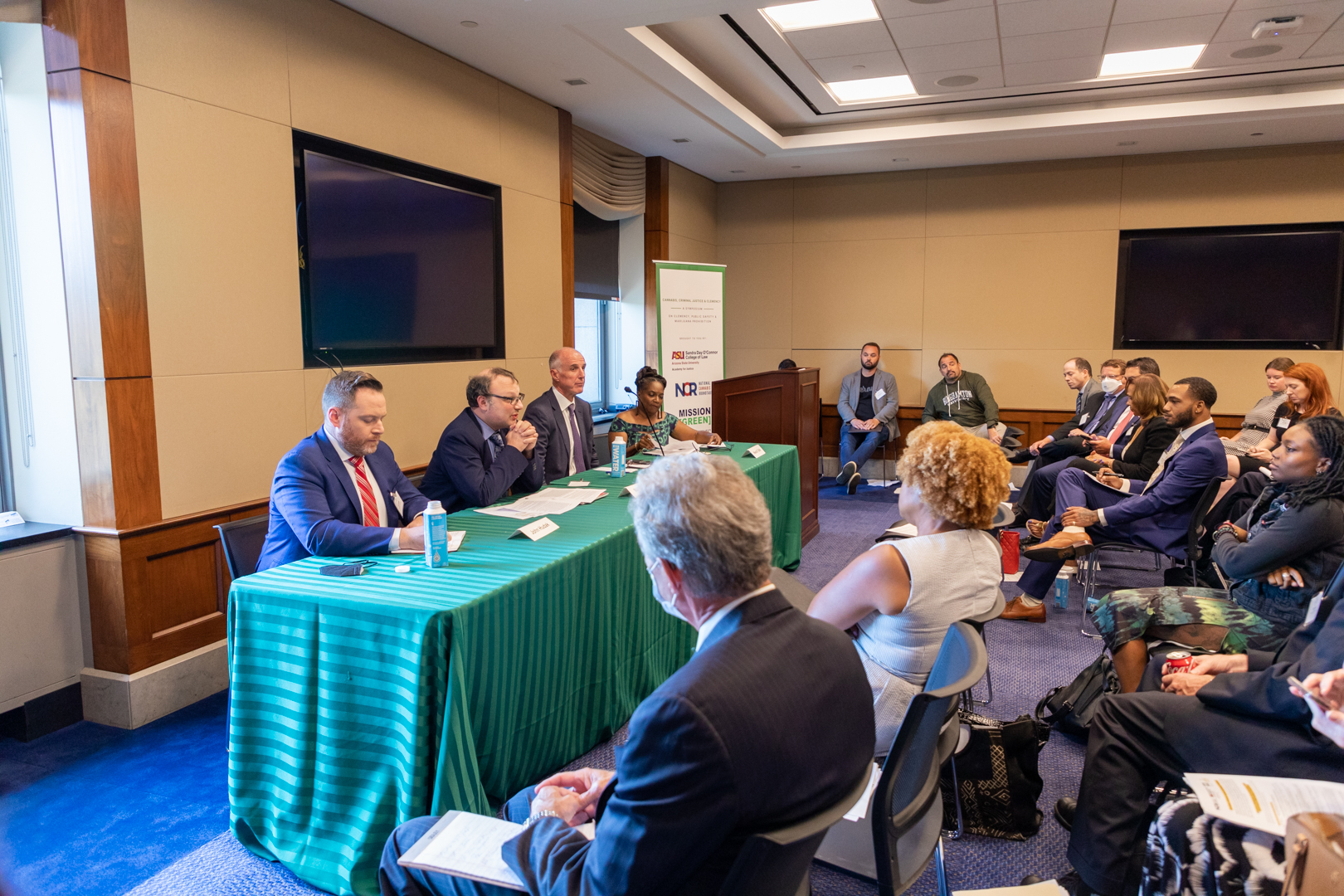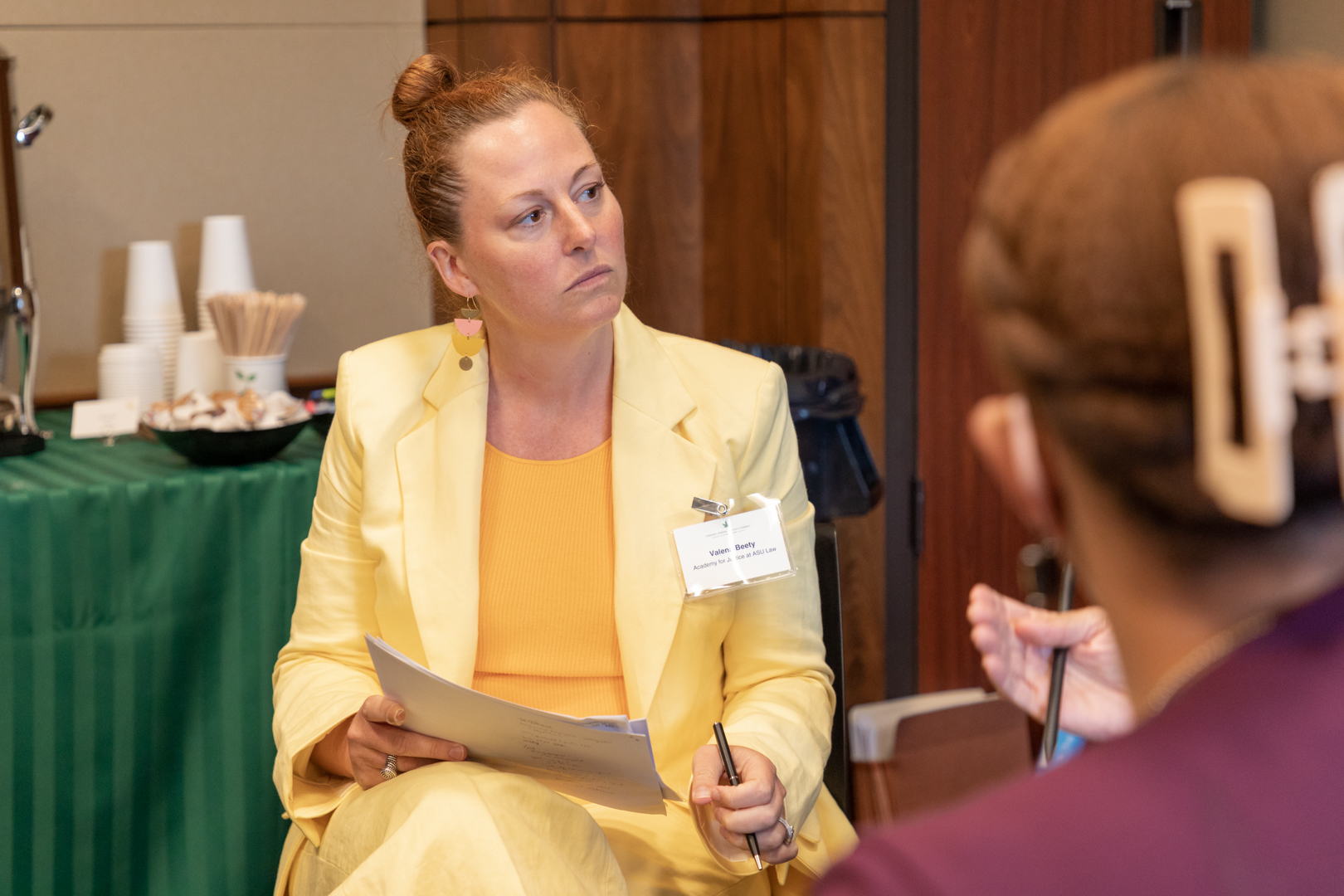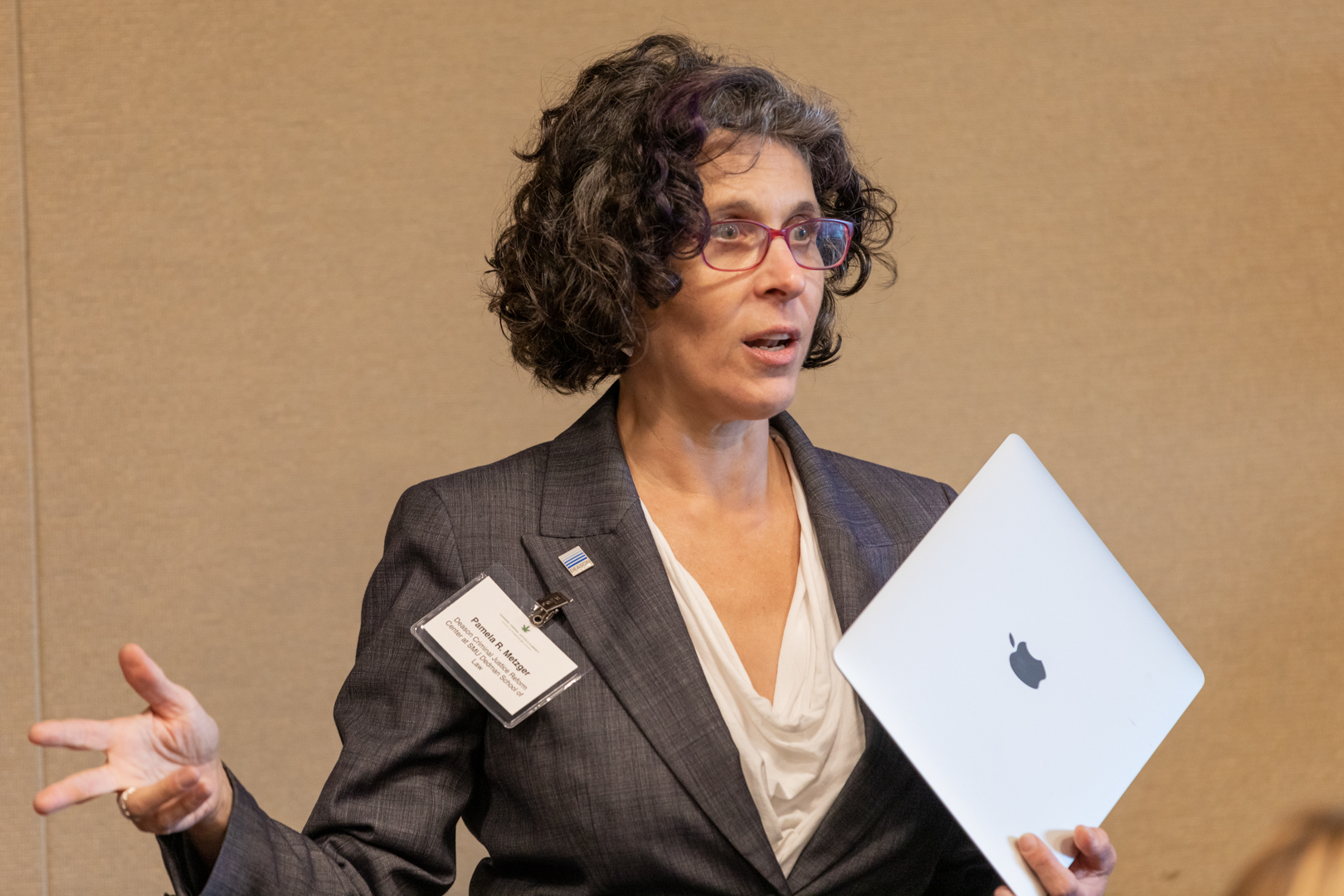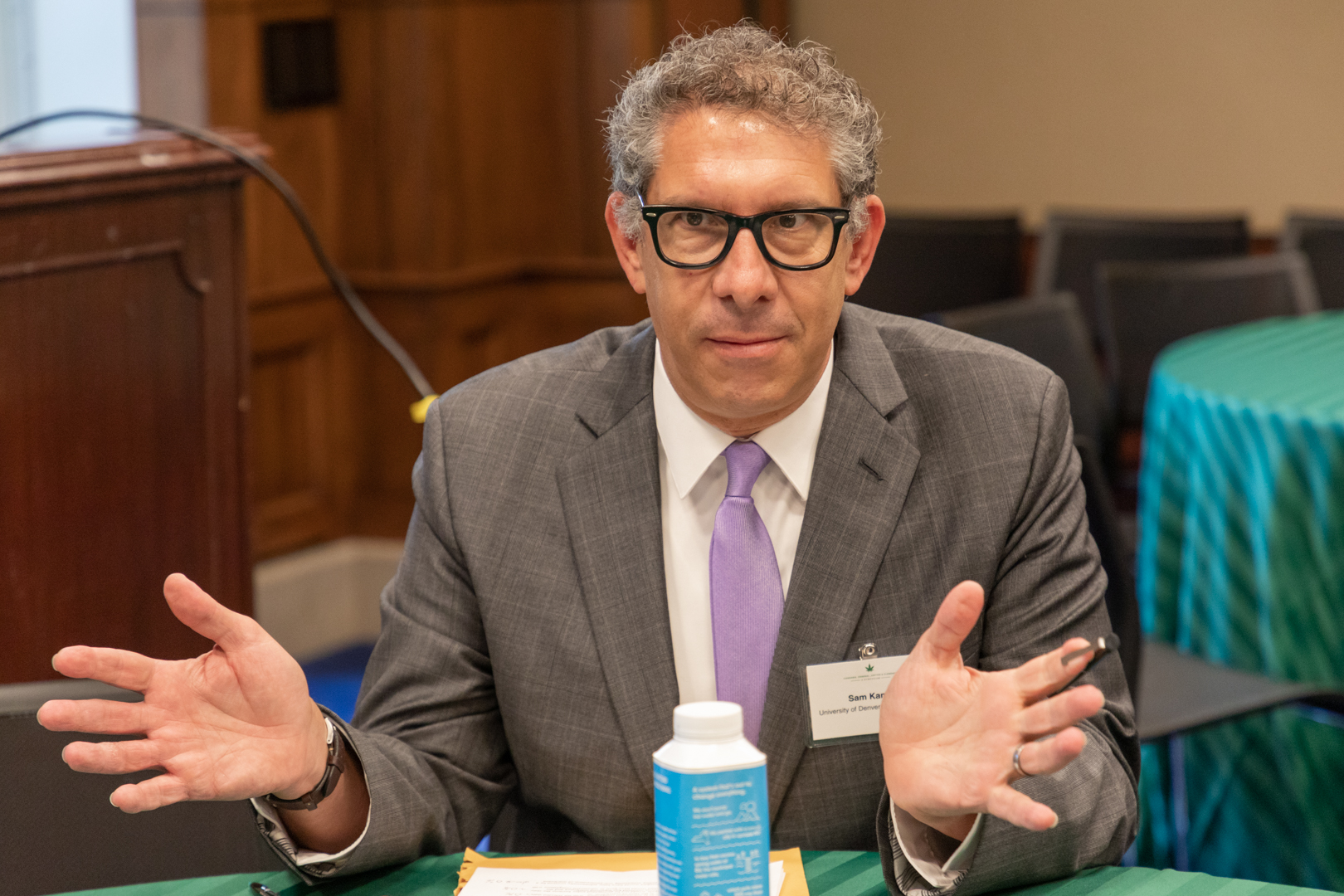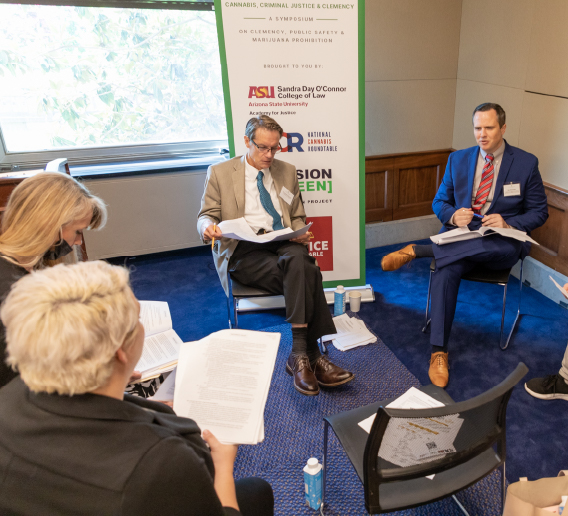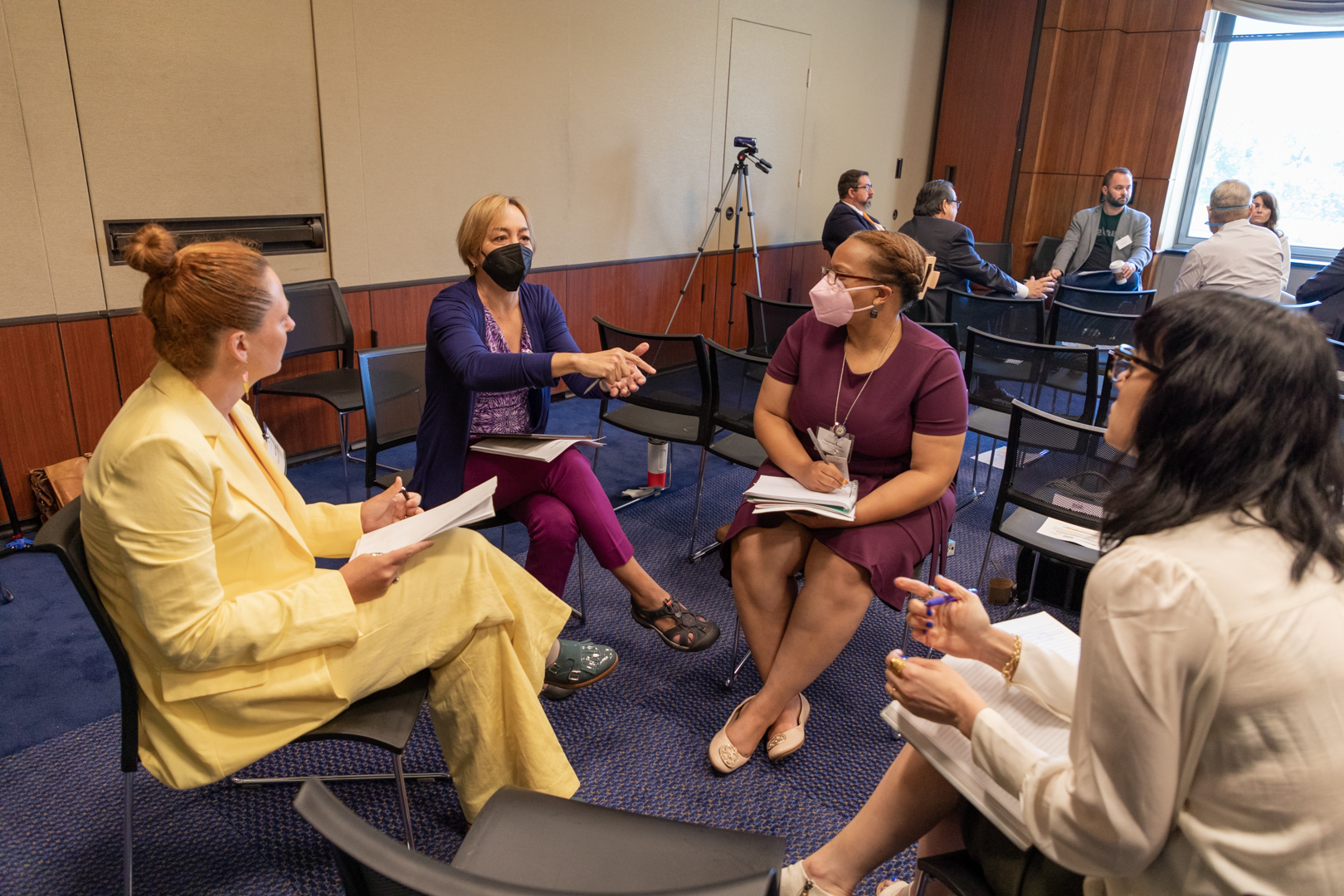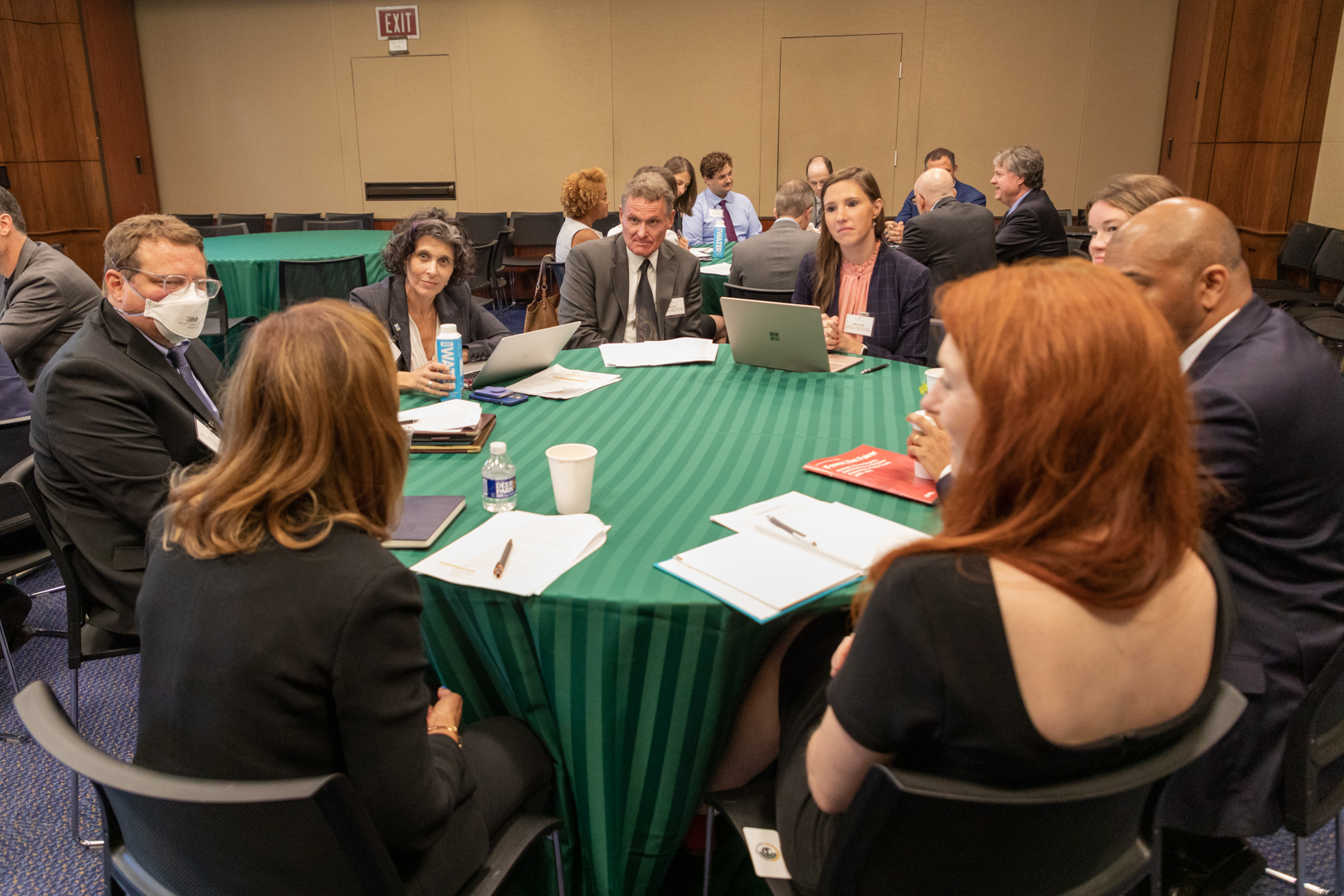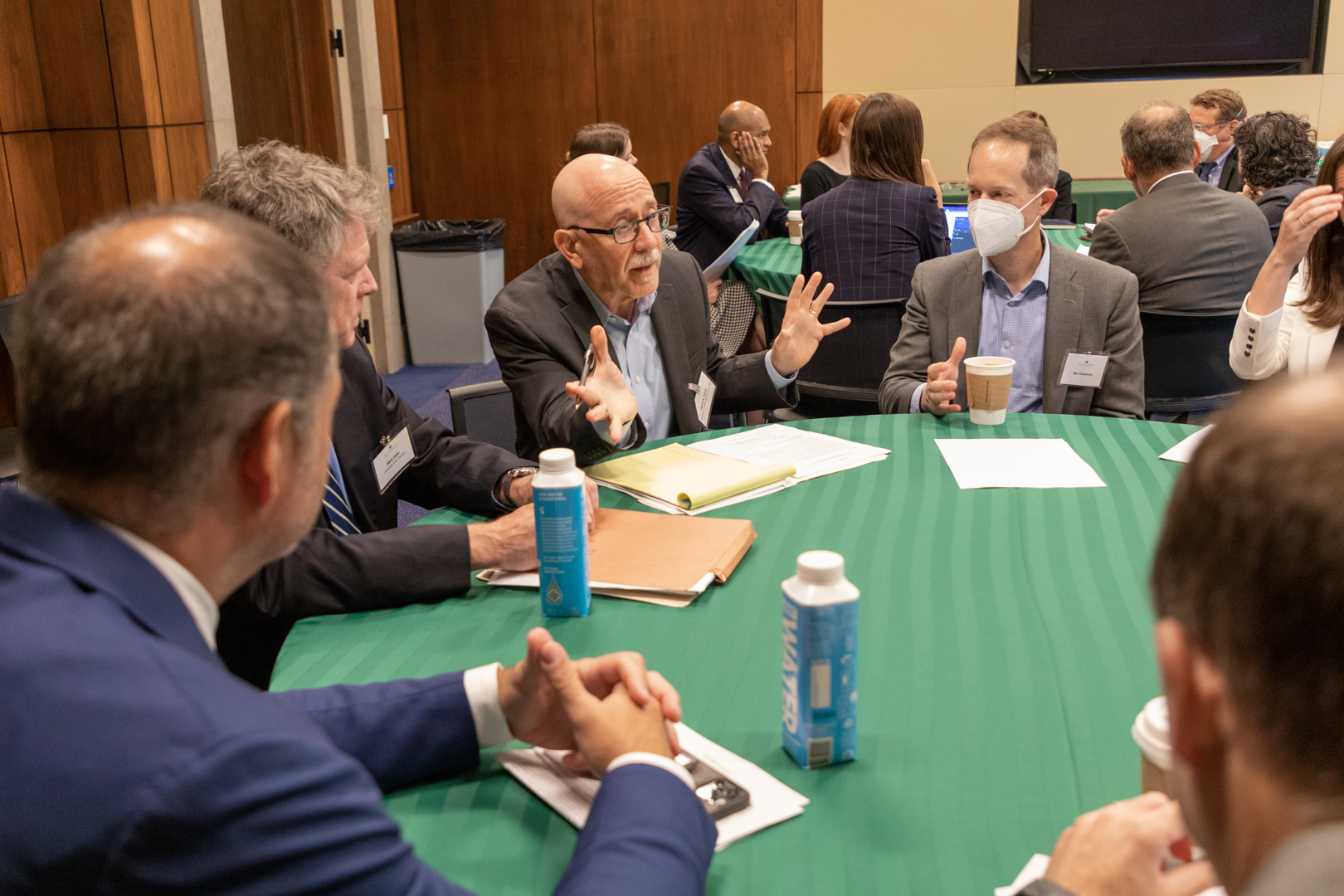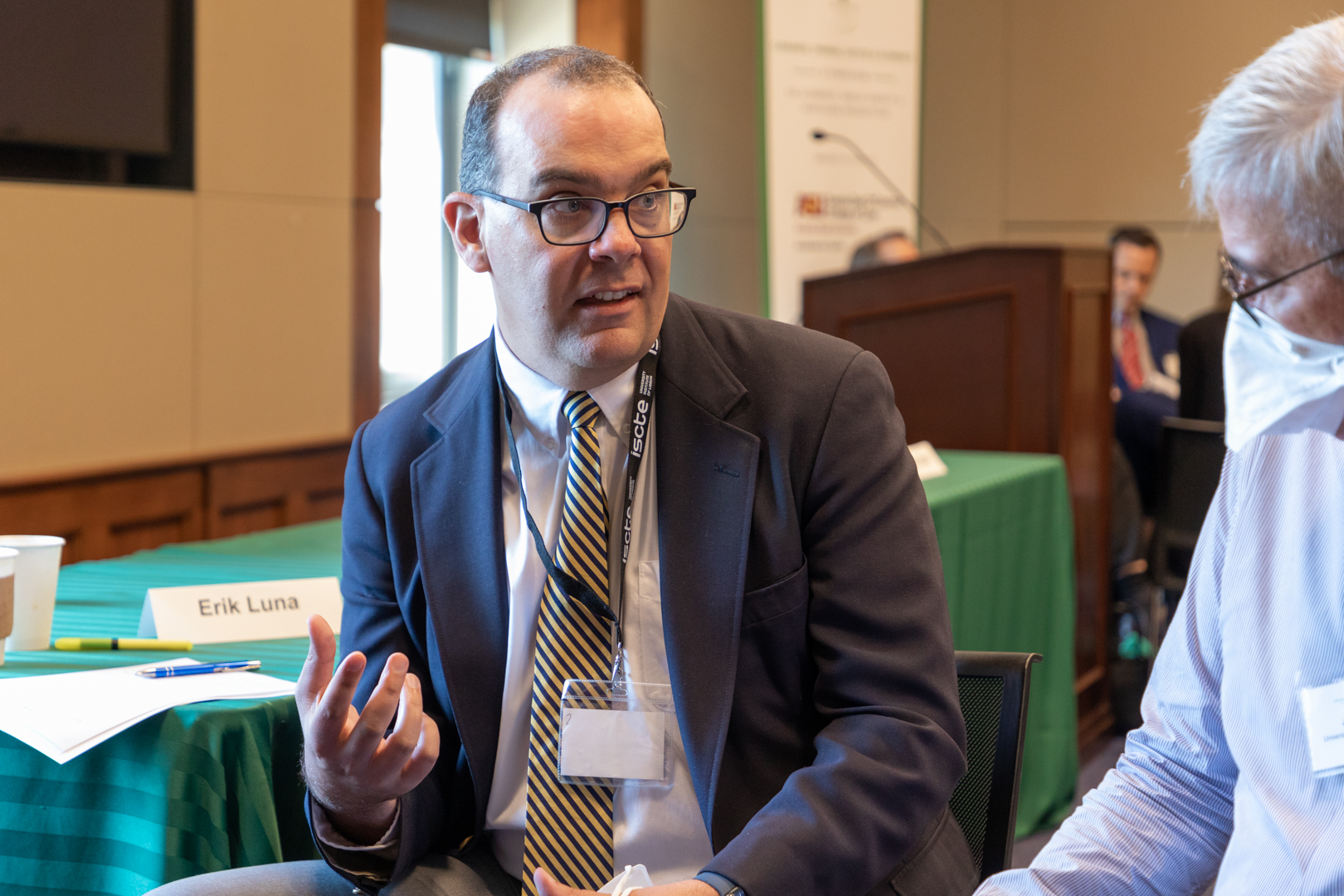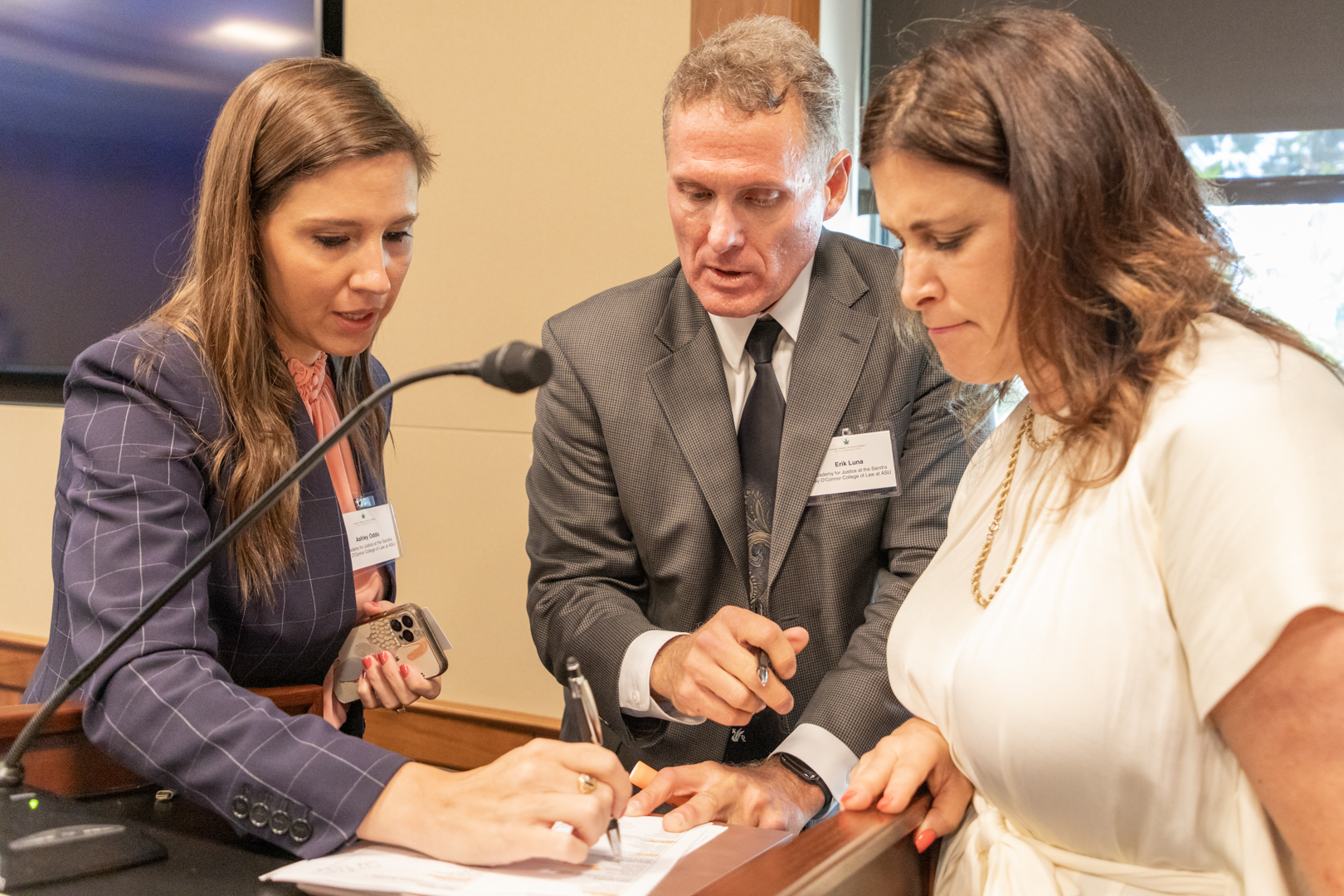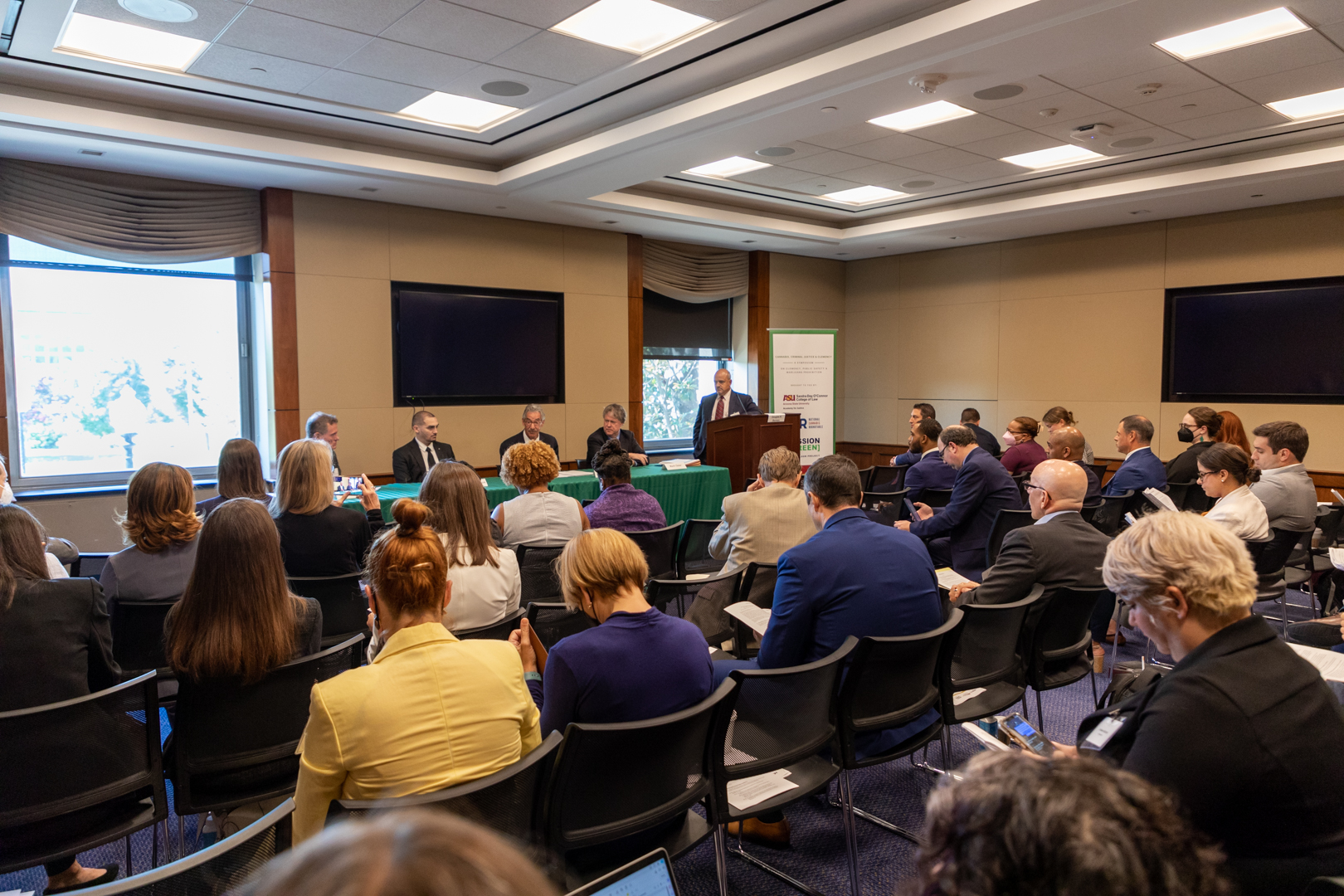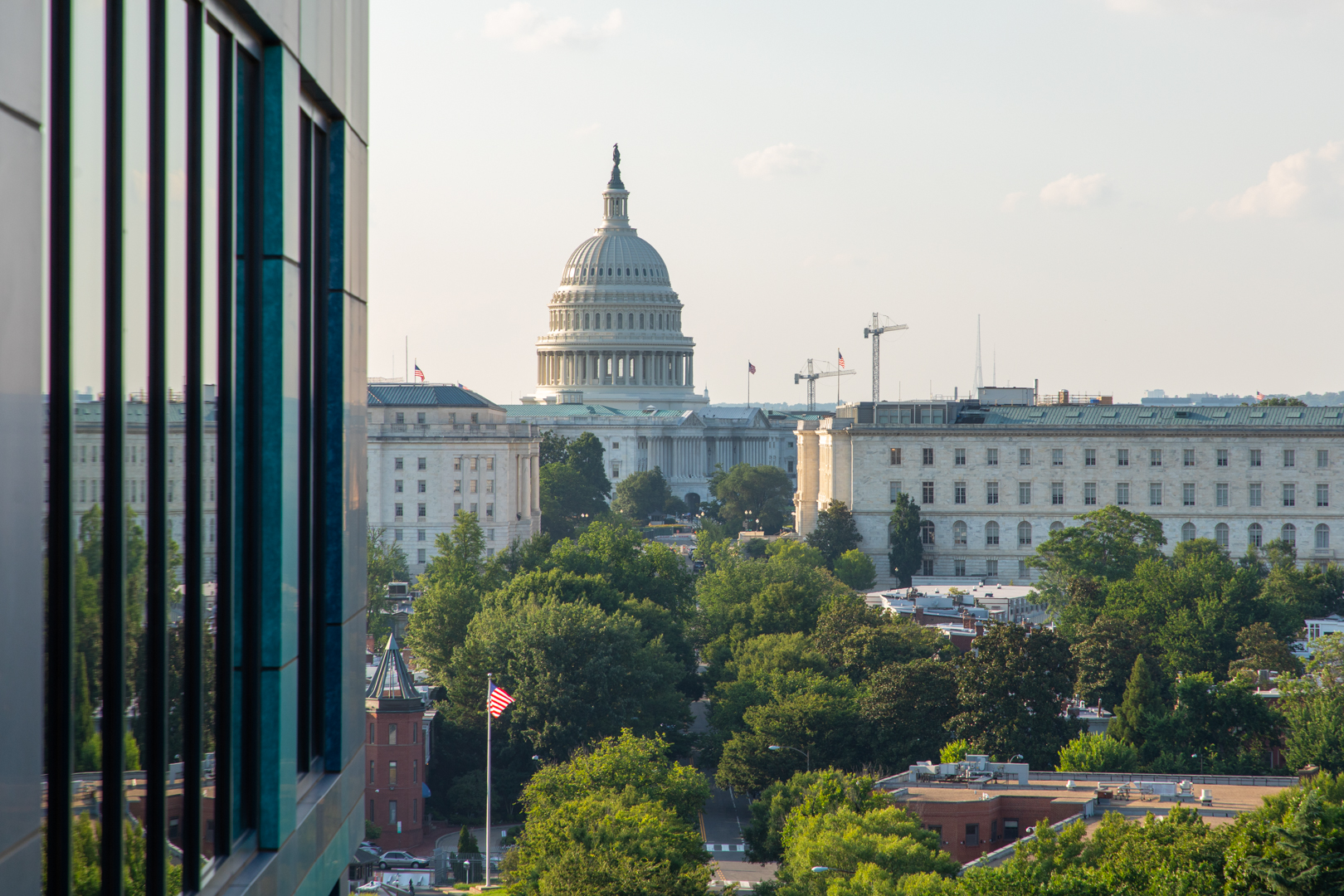
Cannabis, Crime, and Clemency
Criminal Justice Reform at the Twilight of Marijuana Prohibition

The President’s recent general pardon, pursuant to the Constitution, of simple marijuana possession offenses in violation of federal law (and the D.C. Code), represents a historic event in criminal justice reform and an important step toward correcting the lingering injustices of a national drug ban. Additional work lies ahead, including the release from federal prison of those incarcerated for non-violent marijuana-related offenses, the legislatively authorized expungement of federal convictions for non-violent marijuana-related offenses, and the ultimate end of federal marijuana prohibition by act of Congress.
As of October 2022, three-quarters of the states—as well as the District of Columbia, Guam, Puerto Rico, and the U.S. Virgin Islands—have abandoned the federal government’s blanket criminal ban in favor of safe, regulated legal access to marijuana for medical and/or recreational (adult use) purposes. The transformations in state law, propelled and bolstered by a sea change in public opinion, all point away from incarcerating people for non-violent marijuana offenses. The federal government itself has recognized and accepted as much in recent years, through Congress’s passage of annual spending riders (now known as the “Joyce-Blumenauer amendment”) barring interference with state medical marijuana laws, and through the Justice Department’s exercise of prosecutorial discretion in jurisdictions that have legalized marijuana (e.g., guidance under the so-called “Cole Memo”).
On July 20, 2022, the Academy for Justice at the Sandra Day O’Connor College of Law – in conjunction with the Justice Roundtable, the National Cannabis Roundtable, the Weldon Project, and Mission Green – hosted an invite-only symposium, held at the Rayburn House Office Building in the U.S. Capitol Complex, to discuss clemency policy and criminal justice reform within the current landscape of U.S. marijuana law. The daylong event featured U.S. Pardon Attorney Elizabeth Oyer, former Governor and H.H.S. Secretary Kathleen Sebelius, former Deputy Attorney General James M. Cole (author of the Cole Memo), leading criminal justice experts, and a bipartisan group of Congressional champions for reform.
Symposium sessions focused on the federal law, policy, and politics of marijuana and criminal justice reform, with the morning sessions discussing models for clemency and expungement and the afternoon sessions considering bipartisan legislative proposals for marijuana-related justice reform.
Below we have compiled resources that inspired the symposium, were presented for discussion at the event, or stemmed from related endeavors, including:
- a letter to the President signed by dozens of leaders asking him to issue a general pardon for non-violent federal marijuana offenses;
- a proposal for granting clemency to people serving federal prison sentences for nonviolent marijuana offenses;
- a draft bill for the expungement of federal marijuana misdemeanors and other low-level offenses; and
- a memorandum in support of granting clemency to a young African-American man currently serving a 60-year federal sentence for non-violent marijuana distribution.
Also provided below are links to the President’s pardon and a number of pending bills, as Congress looks to end federal marijuana prohibition and transform a criminalized black market into a lawful regulated market.
At the twilight of marijuana prohibition, the Academy for Justice supports further efforts to move away from harmful drug warfare and toward sensible drug regulation.
Event Photos
Resources
Letter to President Biden from Drake et al.: General Pardon for Non-Violent Marijuana Offenses
On September 14, 2021, a letter to President Biden—signed by dozens of artists, athletes, lawmakers, law enforcement officials, academics, business leaders, policy experts, reform advocates, and other professionals—asked the President to issue a general pardon for non-violent federal marijuana offenses.
Clemency for Non-Violent Marijuana Offenses: Criteria for People Serving Federal Prison Sentences
As part of an initiative, we propose the application of the President’s clemency power to address a small fraction of the American prison population: those serving federal sentences for marijuana offenses. Collectively, they represent a category of cases already implicated by a national rethinking of drug policy and widespread calls for racial justice. Our proposal foresees a process of efficient information-gathering and the application of justifiable yet practical criteria to two groups of clemency recipients—one group would be released expeditiously on principle, while the second would receive more individualized consideration—all with the goal of ending unjust sentences still being served.
Coming soon
Expunging Low-Level Federal Offenses: The Marijuana Misdemeanor Expungement Act
In this draft text, we provide a model for expunging federal marijuana-related misdemeanors and other petty offenses and civil penalties. The Marijuana Misdemeanor Expungement Act draws upon various sources—current federal law, past and pending congressional bills, respected legal opinions, and various secondary works—to provide expedited, orderly relief for non-felony marijuana offenses lingering in the federal system. Along the way, the draft scheme seeks to capture whatever lessons can be drawn for future efforts, thereby setting the stage for further informed congressional relief and perhaps serving as a model for adaptation in the states.
Memorandum in Support of Clemency for Parker Coleman
In this memorandum, we offer compelling reasons to commute the sentence of Parker Coleman, a young African-American man who is currently serving a 60-year federal prison term for non-violent marijuana distribution—that is, de facto life imprisonment of a person of color for conduct now authorized under state laws across the nation and openly pursued as a business by the multi-billion-dollar cannabis industry. Mr. Coleman’s punishment is excessive compared to the sentences imposed in related cases or that would be imposed in state court today—as well as being inconsistent with recent reforms in law and policy and a sea change in public opinion—all of which point away from incarcerating people like Mr. Coleman for non-violent drug offenses and toward a non-punitive approach to marijuana.
Presidential Pardon for Simple Marijuana Possession (Oct. 6, 2022)
- Statement from President Biden on Marijuana Reform
- A Proclamation on Granting Pardon for the Offense of Simple Possession of Marijuana
- Pardon Clause (U.S. Const. art. II, § 2, cl. 1)
- Federal Offense of Marijuana Possession (21 U.S.C. § 844)
- D.C. Offense of Marijuana Possession (D.C. Code § 48–904.01(d)(1)
Relevant bills
Marijuana Opportunity Reinvestment and Expungement (MORE) Act, H.R. 3617 (117th Congress, 2021-22)
To decriminalize and deschedule cannabis, to provide for reinvestment in certain persons adversely impacted by the War on Drugs, to provide for expungement of certain cannabis offenses, and for other purposes.
Cannabis Administration and Opportunity Act, S. 4591 (117th Congress, 2021-22)
To decriminalize and deschedule cannabis, to provide for reinvestment in certain persons adversely impacted by the War on Drugs, to provide expungement of certain cannabis offenses, and for other purposes.
States Reform Act, H.R. 5977 (117th Congress, 2021-22)
To amend the Controlled Substances Act regarding marihuana, and for other purposes.
Marijuana Misdemeanor Expungement Act, H.R. 8557 (117th Congress, 2021-22)
To amend federal law to create expungement mechanism and a process to petition for expungement for low-level violations of the Controlled Substances Act as it relates to marijuana, to study impact of expungements issued, and for other purposes.
Harnessing Opportunities by Pursuing Expungement (HOPE) Act of 2021, H.R. 6129 (117th Congress, 2021-22)
To authorize the Attorney General to make grants to States and units of local government to reduce the financial and administrative burden of expunging convictions for cannabis offenses, and for other purposes.
Secure and Fair Enforcement (SAFE) Banking Act of 2021, S. 910 (117th Congress, 2021-22)
To create protections for financial institutions that provide financial services to cannabis-related legitimate businesses and service providers for such businesses, and for other purposes.
Drug Policy Reform Act of 2021, H.R. 4020 (117th Congress, 2021-22)
To reform the United States drug policy, and for other purposes.
Kenneth P. Thompson Begin Again Act, H.R. 1924 (117th Congress, 2021-22)
To provide first-time, low-level, nonviolent simple possession offenders an opportunity to expunge that conviction after successful completion of court-imposed probation.
Fresh Start Act of 2022, H.R. 6667 (117th Congress, 2021-22)
To permit expungement of records of certain nonviolent criminal offenses, and for other purposes.
Project Contributors

Erik Luna
Amelia D. Lewis Professor of Constitutional & Criminal Law; Faculty Director of the Academy for Justice, Arizona State University Sandra Day O’Connor College of Law

Weldon Angelos
President of The Weldon Project, Co-Founder of MISSION[GREEN], Music Producer, and Criminal Justice Reform Advocate
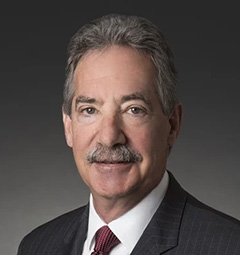
James M. Cole
Former Deputy Attorney General of the United States, and Partner & Global Co-Lead of White Collar Practice with Sidley Austin

Mark Osler
Robert & Marion Short Distinguished Chair in Law and Professor of Law, University of St. Thomas; Member, Justice Roundtable; former Assistant U.S. Attorney

Saphira Galoob
Executive Director of the National Cannabis Roundtable
Event Speakers*
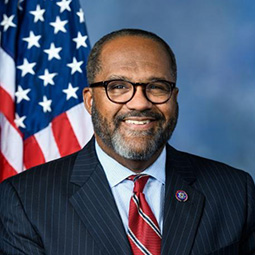
Congressman Troy A. Carter, Sr.
U.S. Representative from Louisiana’s 2nd Congressional District

Elizabeth Oyer
U.S. Pardon Attorney and former Federal Public Defender
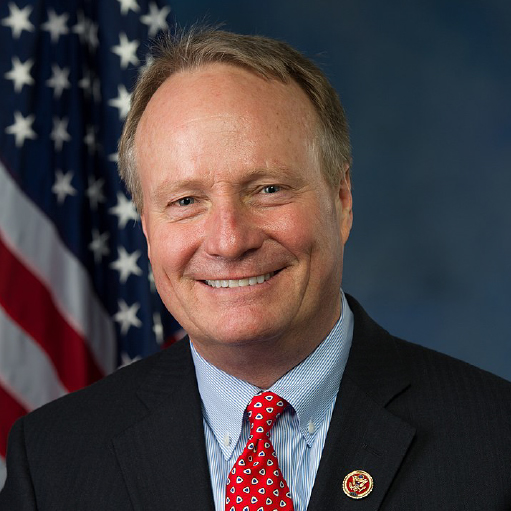
Congressman David Joyce
U.S. Representative from Ohio’s 14th Congressional District
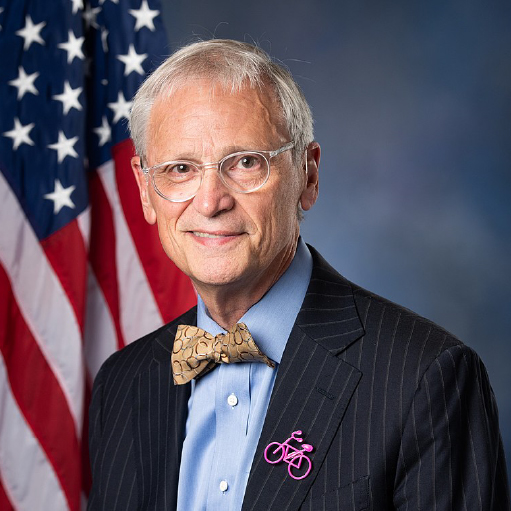
Congressman Earl Blumenauer
U.S. Representative from Oregon’s 3rd Congressional District
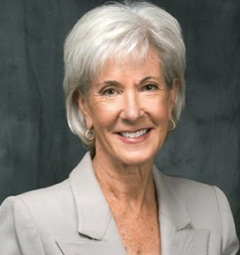
Kathleen Sebelius
Former U.S. Secretary of Health & Human Services, and former Governor of Kansas
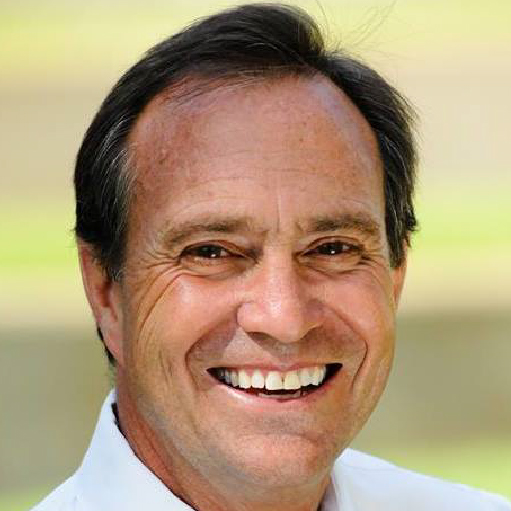
Congressman Ed Perlmutter
U.S. Representative from Colorado’s 7th Congressional District

Nkechi Taifa
Convener Emeritus, The Justice Roundtable; Founder and Principal of the The Taifa Group, LLC

Mark Holden
Board Chairman, Americans for Prosperity; Sr. Vice President, Stand Together; and former Sr. Vice President, Koch Industries

Douglas A. Berman
Newton D. Baker-Baker & Hostetler Chair in Law and Professor of Law; Executive Director of the Drug Enforcement and Policy Center, The Ohio State University Moritz College of Law

Cynthia W. Roseberry
Co-Convener, The Justice Roundtable; Deputy Director, ACLU Justice Division, American Civil Liberties Union

Clark Neily
Sr. Vice President of Legal Studies, Cato Institute

John Hudak
Deputy Director of the Center for Effective Management and Senior Fellow in Governance Studies, Brookings Institute

Kemba Smith
Co-Convener, The Justice Roundtable; Former Member, Virginia Parole Board and Virginia Criminal Sentencing Commission

Marc Levin
Chief Policy Counsel, Council on Criminal Justice

Amy Ralston Povah
Founder, CAN-DO Clemency

Christopher Slobogin
Milton Underwood Professor of Law, Vanderbilt University Law School
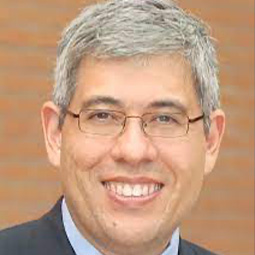
Gabriel J. Chin
Edward L. Barrett Chair in Law and Martin Luther King, Jr. Professor of Law, University of California, Davis

David A. Harris
Sally Ann Semenko Endowed Chair and Professor of Law, University of Pittsburgh School of Law

Valena Beety
Professor of Law and Deputy Director of the Academy for Justice, Arizona State University Sandra Day O’Connor College of Law

Robert A. Mikos
LaRoche Family Chair in Law and Professor of Law, Vanderbilt University Law School

Pamela Metzger
Director of the Deason Criminal Justice Reform Center and Professor of Law, SMU Dedman School of Law

Sam Kamin
Chauncey G. Wilson Memorial Research Chair and Professor of Law, University of Denver College of Law

Jennifer Oliva
Professor of Law, University of California Hastings College of Law

Stephen Galoob
Chapman Professor of Law, University of Tulsa College of Law

Alex Kreit
Assistant Professor of Law and Director of the Center on Addiction Law & Policy, Northern Kentucky University Salmon P. Chase College of Law

Ben McJunkin
Associate Professor of Law and Associate Director of the Academy for Justice, Arizona State University Sandra Day O’Connor College of Law
Sponsoring Organizations
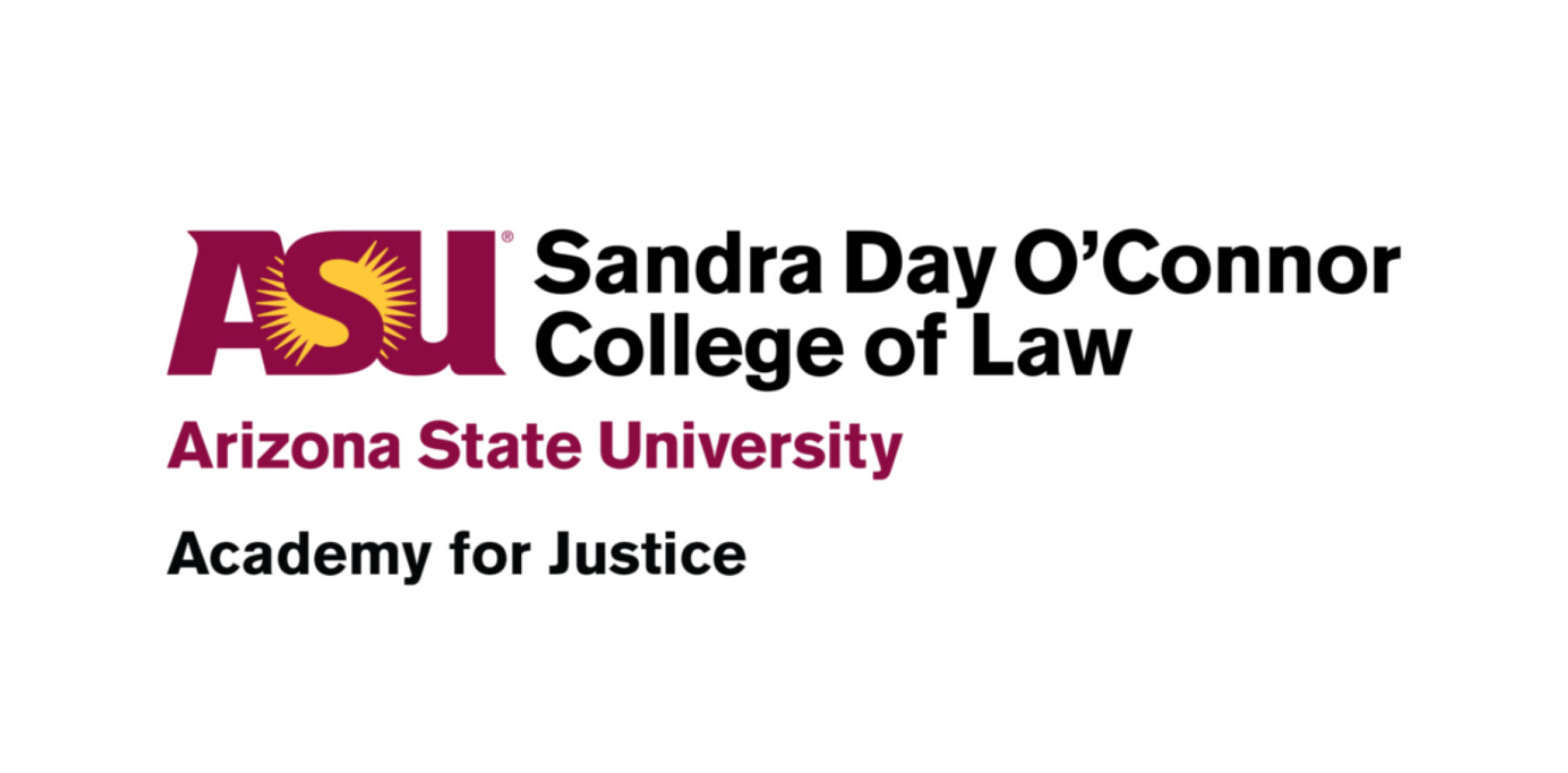
The Academy for Justice, a program within the Sandra Day O’Connor College of Law at Arizona State University, is a diverse team of reform-minded scholars and experts from a number of different institutions who believe that knowledge is the most important tool we have for addressing the array of problems confronting the American criminal justice system. Our scholars come from different backgrounds, and each bring different perspectives, experiences, and methodologies to bear on our criminal justice reform work. As a scholarly collective, our approach to criminal justice reform is interdisciplinary, pragmatic, and non-partisan. Our shared mission is to bridge the gap between academia and on-the-ground criminal justice reform by making scholarly research and ideas accessible to policymakers, stakeholders, journalists, and the public. For more information visit http://academyforjustice.org/.
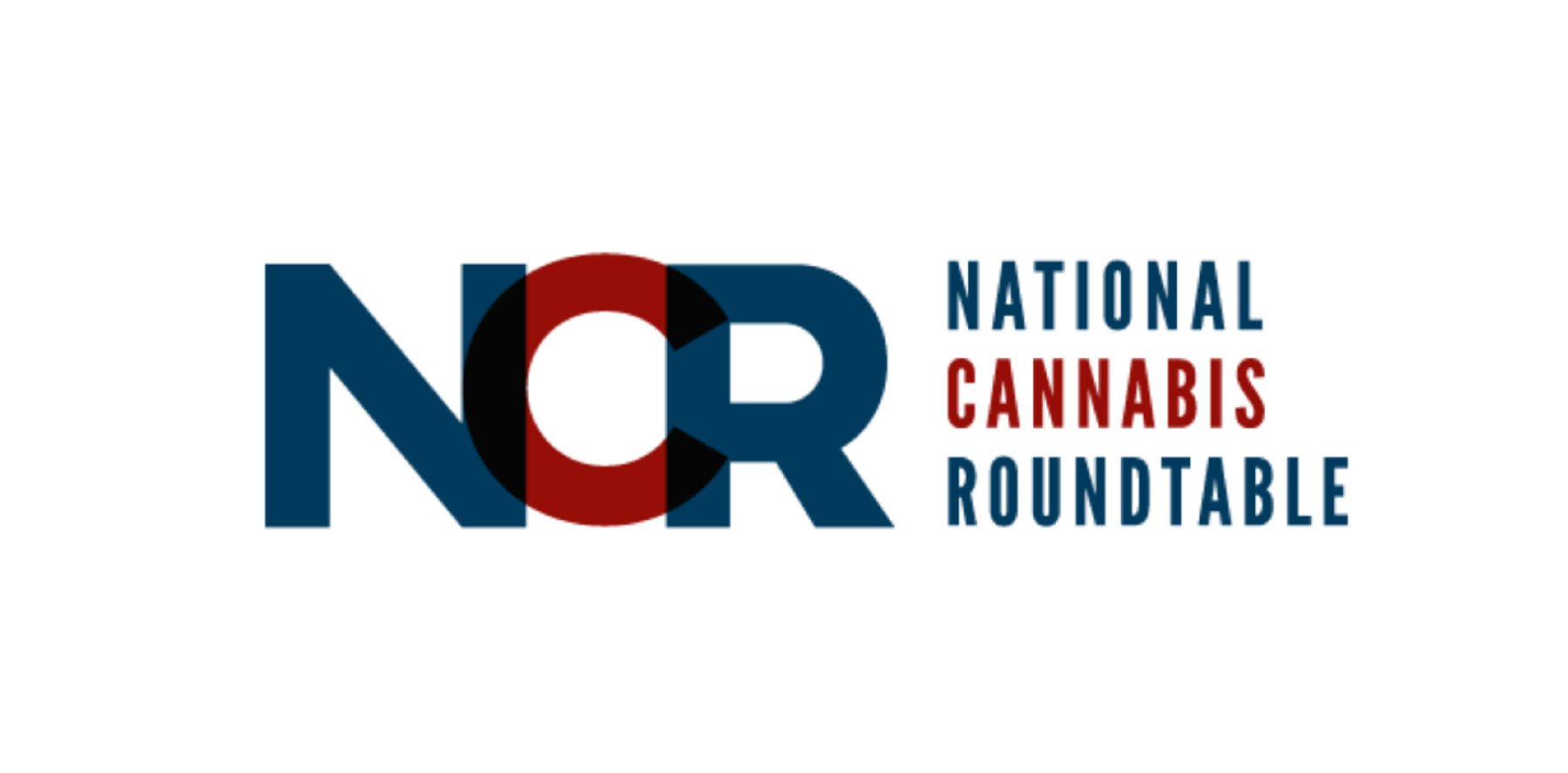
The National Cannabis Roundtable is an alliance of cannabis companies, as well as ancillary services and solutions providers, who seek cannabis reform which nurtures the nascent domestic industry, protects consumers and advances social equity. They are committed to sensible regulation, criminal justice reform, social equity and community reinvestment. For more information visit https://nationalcannabisroundtable.org.
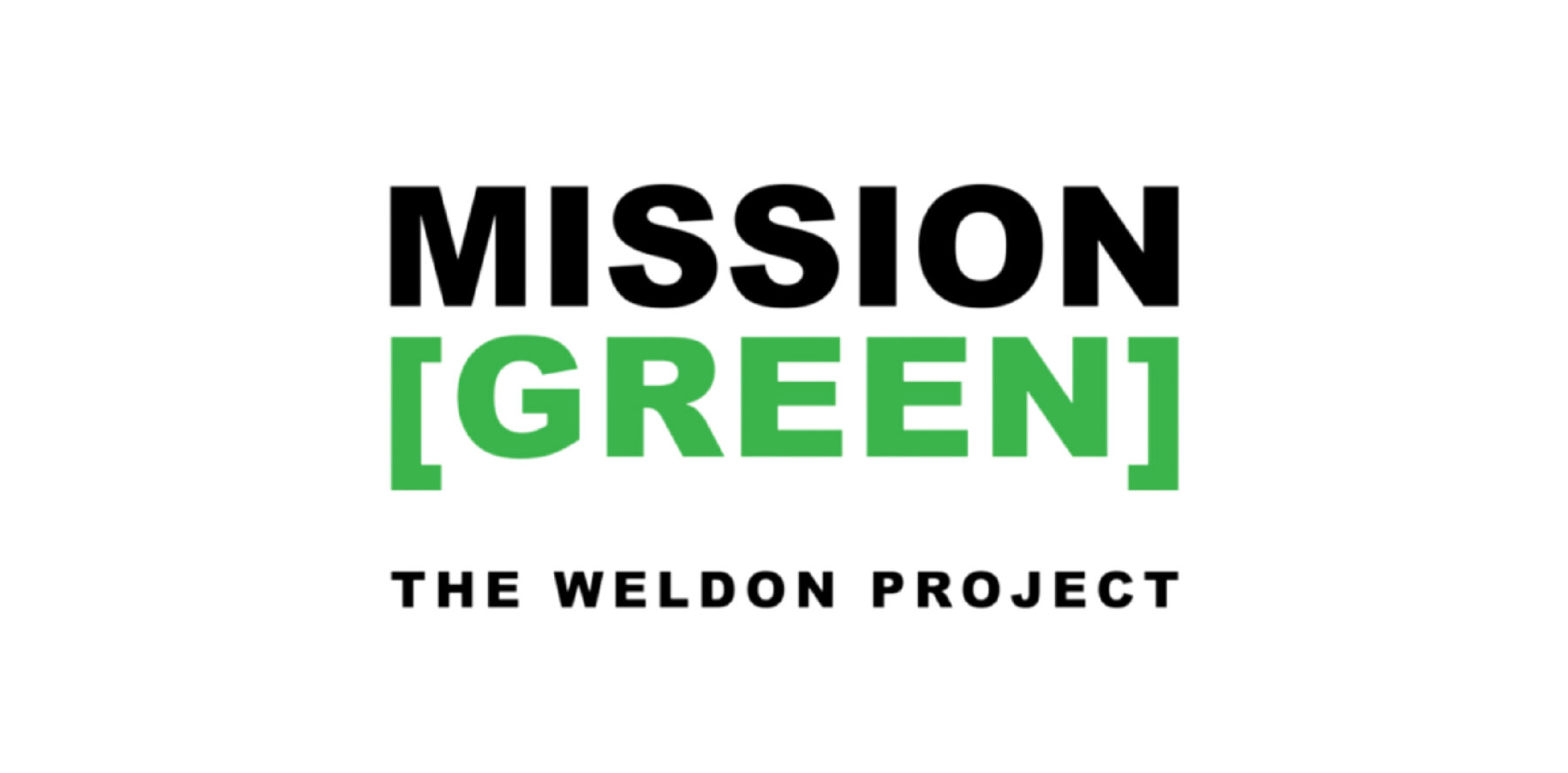
THE WELDON PROJECT is dedicated to funding social change and financial aid for those who are still serving prison time for cannabis-related offenses. Through extensive partnerships throughout the legal Cannabis industry, THE WELDON PROJECT launched the MISSION [GREEN] initiative to raise the bar for awareness, social justice, and social equity by providing unique ways for cannabis businesses and consumers to participate in a nationwide campaign aimed to provide relief to those who have been negatively impacted by prohibition. For more information, visit https://www.theweldonproject.org/.
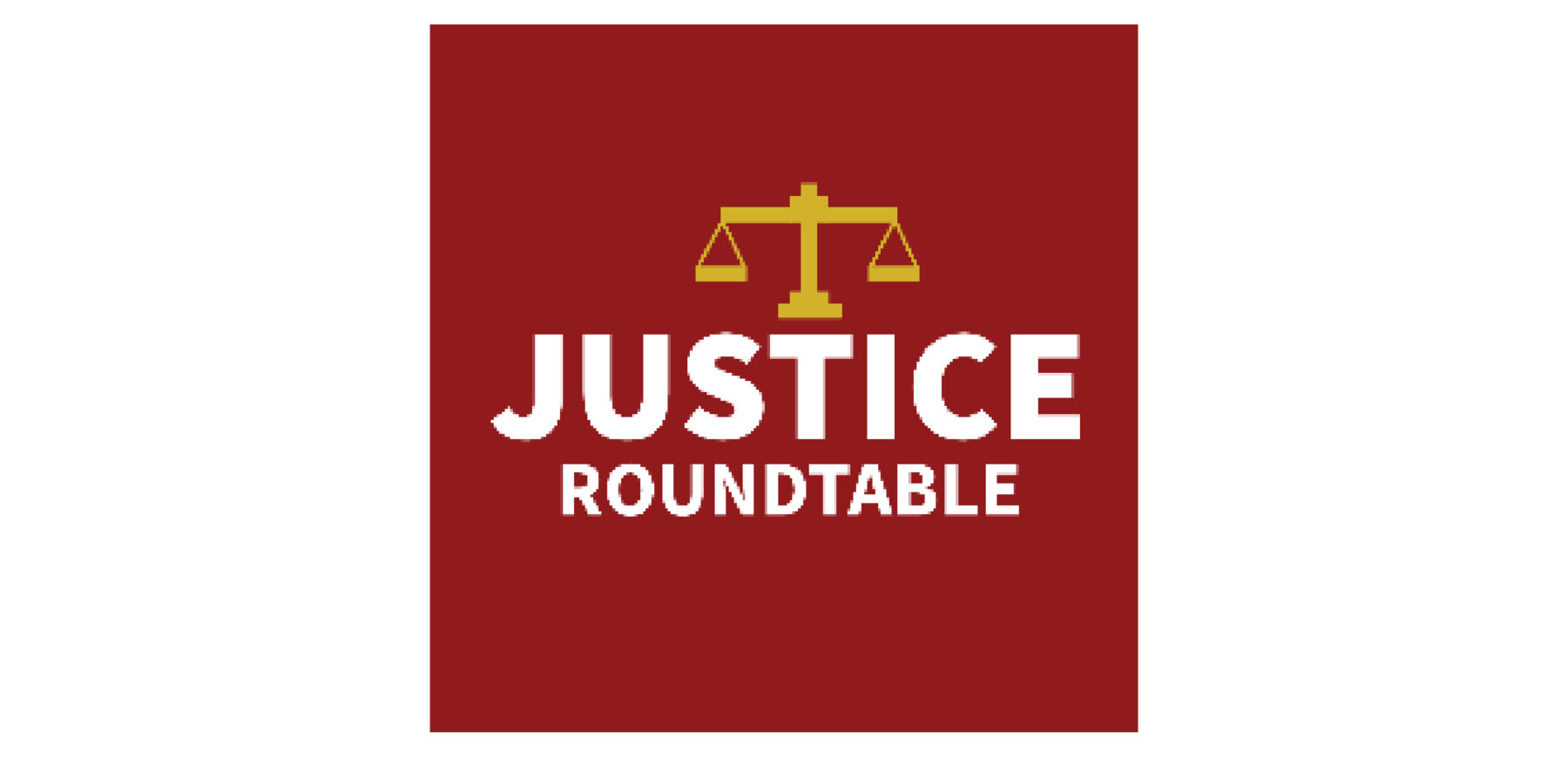
The Justice Roundtable is a broad-based coalition of more than 100 organizations working to reform federal criminal justice laws and policies. Founded in 2002, the Roundtable’s mission is to bring value to the Justice Movement by coordinating the federal legislative and advocacy efforts of the Washington criminal justice advocacy community. For more information, visit https://justiceroundtable.org.
*The information contained on this page, and the content of any linked documents, represent the views and opinions of the original creators of such information/content and do not necessarily represent the views or opinions of the event speakers or other symposium participants.
